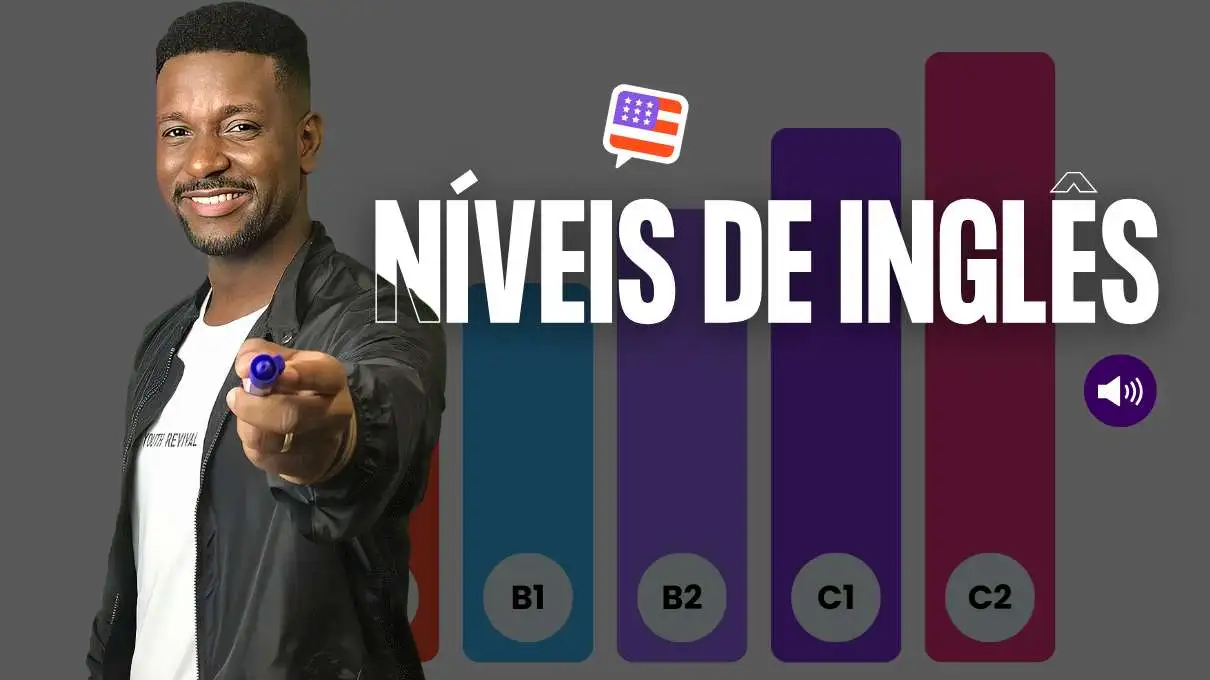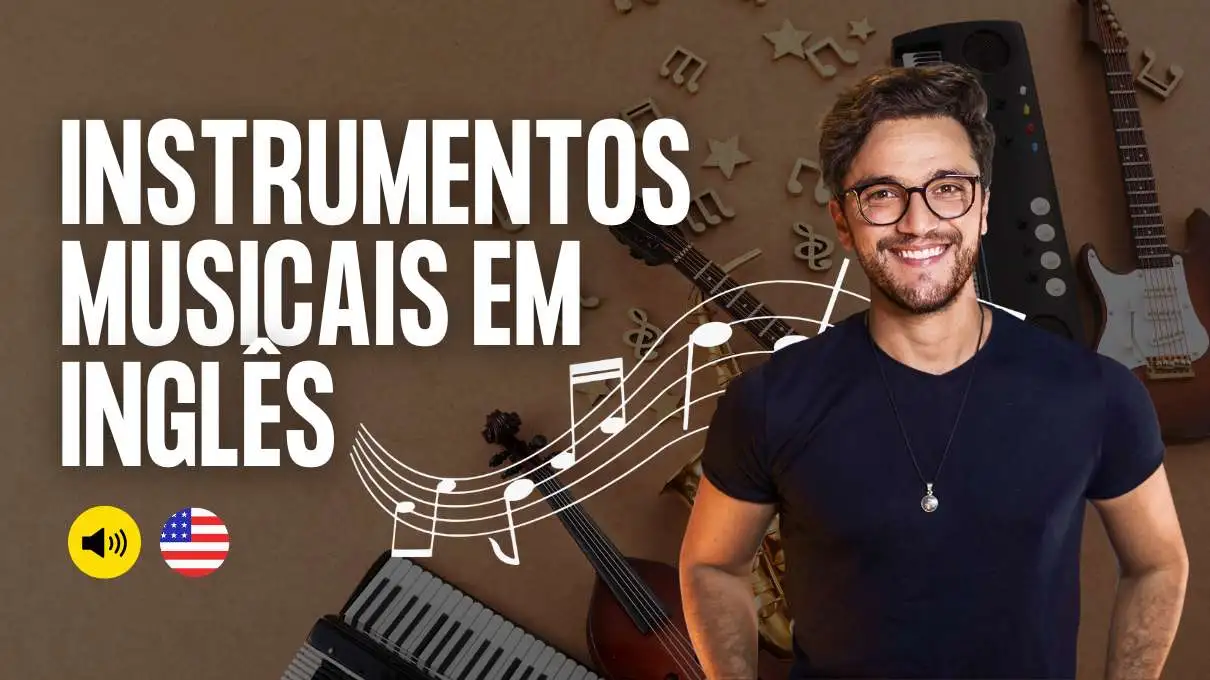Fluency News #10
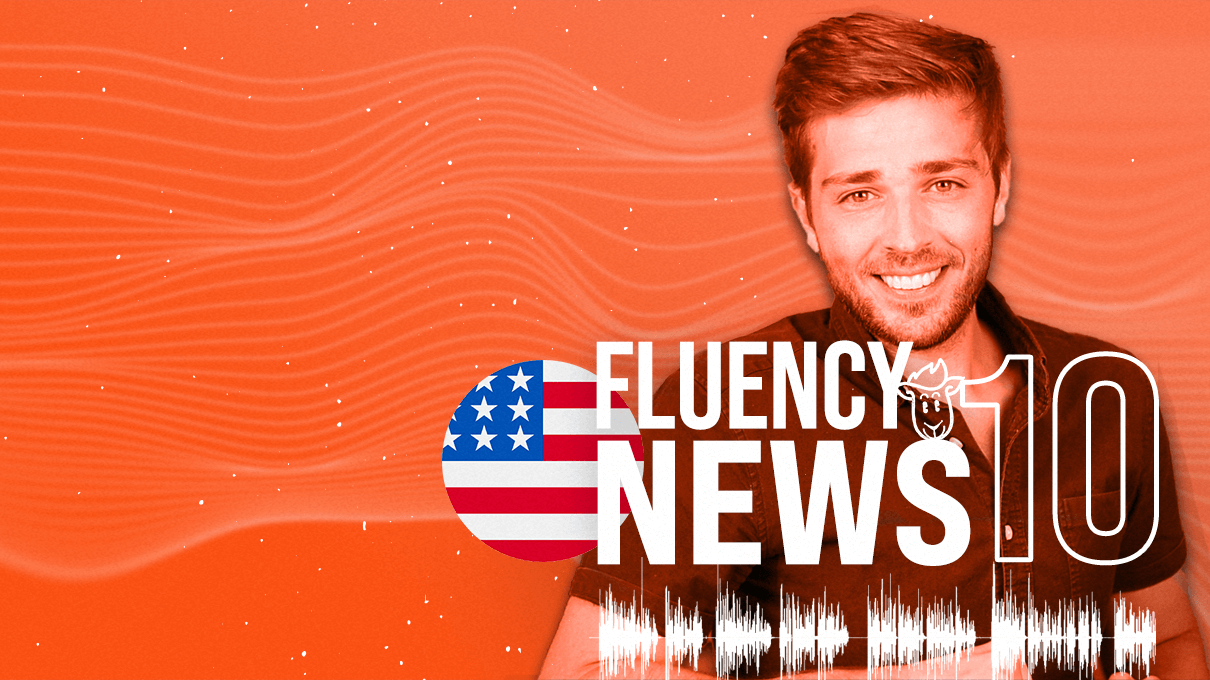
Hello, everyone!
Sejam bem-vindos e bem-vindas a mais um episódio da nossa nova série de podcasts, o Fluency News! Aqui, você vai treinar a sua escuta e ficar por dentro do que está acontecendo no mundo, sempre com as três principais notícias da semana, tudo em inglês! Ao longo do episódio, nós também adicionamos explicações em português das coisas que achamos que precisam de mais atenção, assim você não perde nenhum detalhe!
O episódio desta semana foca nos vencedores do Prêmio Nobel de 2020, anunciados no começo de outubro. Nós falamos sobre os vencedores dos prêmios de física, medicina, paz, literatura e economia. Para escutar sobre as vencedoras do prêmio de química, é só escutar o episódio anterior!
Nós temos uma nova página de dicas de inglês no Instagram, vá conferir! @fluencytvingles
Toda semana temos um novo episódio do Fluency News, não deixe de escutar! See you!
This episode was written by Liv Pond.
Sources
The Nobel Prize in Physics 2020
https://www.nobelprize.org/prizes/physics/2020/press-release/
https://www.thehindu.com/sci-tech/science/explained-2020-nobel-prize-in-physics/article32783167.ece
https://www.washingtonpost.com/science/2020/10/06/nobel-prize-physics/
The Nobel Prize in Physiology or Medicine 2020
https://www.nobelprize.org/prizes/medicine/2020/press-release/
https://micky.com.au/2020-nobel-prize-in-medicine-for-discovery-of-hepatitis-c-virus/
https://www.selectscience.net/industry-news/the-2020-nobel-prize-in-medicine/?artID=52872
The Nobel Prize in Literature 2020
https://www.nobelprize.org/prizes/literature/2020/summary/
https://www.nytimes.com/2020/10/08/books/nobel-prize-literature-winner.html
The Nobel Peace Prize for 2020
https://www.nobelprize.org/prizes/peace/2020/press-release/
https://edition.cnn.com/2020/10/09/world/nobel-peace-prize-winner-2020-intl/index.html
https://www.nytimes.com/2020/10/09/world/2020-nobel-peace-prize.html
https://news.un.org/en/story/2020/10/1075012
The Prize in Economic Sciences 2020
https://www.nobelprize.org/prizes/economic-sciences/2020/press-release/
https://edition.cnn.com/2020/10/12/business/nobel-prize-economics/index.html
https://www.voanews.com/economy-business/2-americans-win-2020-nobel-prize-economic-science
https://www.nature.com/articles/d41586-020-02904-2
The Nobel Prize in Chemistry 2020
https://www.nobelprize.org/prizes/chemistry/2020/press-release/
Transcrição do episódio:
What is up, everyone! Welcome to the tenth episode of Fluency News! Can you believe we’ve gone through 10 of these episodes already? I’m so glad you’re here with me, and if you’ve been here from the beginning, thank you so much! We appreciate you! And, if this is your first episode, don’t worry! We’re thrilled to have you here too!
Oh man, I got so excited that I didn’t even introduce myself! I’m Scott Lowe, part of the Fluency Academy team, American born and raised, but Brazilian at heart. Para aproveitar o fato de eu ser brasileiro de coração, depois das notícias, você vai explorar um pouco mais do universo inglês comigo, com pequenas explicações em português em partes que acharmos mais importantes.
And today’s episode is extra special because it’s themed! The Nobel Prize winners were announced last week, and we covered the chemistry recipients in our last episode. This time, we’re going to talk about the winners in the physics, medicine, literature, peace and economic sciences categories. So, let’s get started!
The Nobel Prize for Physics, announced on October 6, was shared by three laureates. One half went to Roger Penrose, now at the University of Oxford, for ‘the discovery that black hole formation is a robust prediction of the general theory of relativity’. The other half is shared by Reinhard Genzel of the Max Planck Institute for Extraterrestrial Physics, Garching, Germany, and Andrea M. Ghez of the University of California, Los Angeles (UCLA), for ‘the discovery of a supermassive compact object at the centre of our galaxy’. A statement from the Royal Swedish Academy of Sciences, which selects the awardees for the Prize, said the three laureates were awarded “for their discoveries about one of the most exotic phenomena in the universe, the black hole”.
Ghez, who is only the fourth woman to receive the Physics Nobel, shared half the prize with German astrophysicist Reinhard Genzel, who independently observed the astonishing acceleration of stars in the galactic center. Astrophysicists now believe that supermassive black holes reside at the center of all galaxies and played a role in the formation of galaxies from the primordial soup of matter in the early universe. And primordial soup is a great name for a band! What do you think? A metal band, maybe? “We are Primordial Soup!”. I’d listen to them.
The other half of the prize went to Roger Penrose, a British mathematical physicist cited for his discovery that the existence of black holes is one of the bizarre implications of Albert Einstein’s general theory of relativity, in which gravity is associated with the curvature of space and time.
Dawn was still many hours away in California when Göran K. Hansson, secretary general of the Royal Swedish Academy of Sciences, phoned Ghez to tell her that she had been laureated. About an hour later, she spoke by phone to reporters in Stockholm, discussing the thrills of her research and her hopes that this new recognition will inspire more women to enter the field of physics.
Asked what she thought when she first saw signs that something mysterious was lurking at the center of the galaxy, she said: “I think the first thing is doubt. You have to prove to yourself you’re really seeing what you think you’re seeing. Doubt and excitement.”
She added, “We have no idea what’s inside the black hole, and that’s what makes these things such exotic objects.”
Ghez has received many honors, including a MacArthur Foundation “genius” award. She was the first woman to receive the Royal Swedish Academy’s Crafoord Prize. A graduate of MIT, where she majored in physics, and the California Institute of Technology, where she received her doctorate, she has been on the UCLA faculty since 1994.
On Tuesday, she told reporters she feels particularly passionate these days about the teaching side of her profession.
“I take very seriously the responsibility of being the fourth woman to win the Nobel Prize,” Ghez said. “I hope I can inspire other young women into the field. It’s a field that has so many pleasures, and if you’re passionate about the science, there’s so much to be done.”
This year’s physics Nobel honored the theoretical side of black holes — Penrose’s work — and the observational side, the investigations of Ghez and Genzel.
The fact that this year’s prize would somehow involve black-hole physics was hinted at by Hansson in his opening statement: “This year’s prize is about the darkest secrets of the universe.”
The usually packed room at the academy was mostly empty amid restrictions in place because of the coronavirus pandemic. Hansson said this year there would be no in-person Nobel celebration in Stockholm in December. Aw man, the biggest party of the year? The Nobel celebration? Cancelled? Oh, man, I can’t believe it.
Genzel, 68, is a professor at the Max Planck Institute for Extraterrestrial Physics near Munich and also has an appointment at the University of California at Berkeley. Penrose, 89, is an emeritus professor at the University of Oxford who a half-century ago collaborated with Stephen Hawking to develop theories about the existence and nature of black holes.
Penrose did not invent the term “black hole,” but, the academy said Tuesday in its scientific brief describing the prize, “It was after Penrose’s discoveries that ‘black hole’ finally stuck as the name for this exotic gravitational anomaly.”
The academy’s brief cites four of Hawking’s papers, including one co-authored with Penrose. Hawking, who died in 2018, never won a Nobel Prize. Several scientists opined Tuesday that Hawking probably would have shared a Nobel with Penrose had he lived. The academy does not award prizes posthumously.
“The one piece of sadness is that Stephen Hawking is not alive to share the theory half of the prize with Roger Penrose,” David Spergel, director of the Center for Computational Astrophysics in New York, said Tuesday in an email.
In announcing the prize, the academy cited an article Penrose wrote in 1965, a decade after Einstein’s death, in which he said black holes really exist. “His groundbreaking article is still regarded as the most important contribution to the general theory of relativity since Einstein,” the academy wrote.
University of Chicago physicist Michael S. Turner on Tuesday called Penrose “a brilliant mathematician who turned his amazing skills to understanding Einstein’s theory at a time when there were still doubts about even the mathematical reality” of black holes.
Turner said Einstein did not fully understand the implications of his own theory. “It took another generation of brilliant physicists to figure it all out, not because of Einstein’s limitations but because of the richness of the theory,” Turner said.
Black holes are among the strangest features of the universe. Along with people who put ketchup on pizza. Yes, they are some of the strangest features of the universe. Come on, I’m totally kidding. Anyway, black holes. They are formed from collapsed stars, with their matter so compressed by gravity that, according to the equations of general relativity, space becomes infinitely curved. Light cannot escape the gravity well. In 2019, scientists revealed the first direct image of a black hole — a supermassive black hole at the center of Messier 87, a galaxy in the constellation Virgo.
Ghez and Genzel, backed by teams of researchers and using some of the world’s largest telescopes, separately published findings in the 1990s and 2000s that provided observational support for the existence of a supermassive black hole — or something acting suspiciously like one — in the center of our own galaxy in a region known as Sagittarius A*.
The tremendous speed at which stars move in that region suggests they are influenced by the gravity of a supermassive object. What that object is, exactly, is unknown, but as the Swedish Academy put it in announcing the prize, “a supermassive black hole is the only currently known explanation.”
While they did not observe the black hole directly, they instead scrutinized individual stars whose motion implied the presence of something creating a powerful gravitational field. Our sun makes a full orbit of the galaxy over the course of about 230 million years, but near the center of the galaxy, a few speed-demon stars have orbits of less than 20 years, including one of just 11.5 years described in a 2012 paper in the journal Science co-authored by Ghez.
The mysterious “something” at the galactic center appears to have the mass equal to 4 million suns.
The observations of the stars in the galactic center were technically challenging, even with huge telescopes employed by Ghez in Hawaii and Genzel in Chile. The core of the galaxy is crowded with stars, and the scientists needed to pick out individual stars amid the swarm. The distances involved are immense — about 26,000 light-years — and the motions of those faraway stars hard to detect. The observations took many years, even decades.
Abundant dust interfered with the view, so the scientists had to observe in the dust-penetrating near-infrared portion of the spectrum. And they had to find a way, through what is known as adaptive optics, to correct for the distortions created by Earth’s atmosphere.
Tuesday’s announcement came as something of a surprise to the physics community, simply because the academy usually rotates the prize through areas of the sprawling field, which covers everything from the smallest subatomic particle to the vastness of the universe. But for the second year in a row, the academy honored work in cosmology and astrophysics.
Em inglês, a palavra “laureate” passou a significar eminência ou associação com prêmios literários ou grandes conquistas militares. Em português, significa “laureado” ou “laureada”, mas o termo não é muito usado fora de contextos acadêmicos. Em inglês, ela tornou-se sinônimo de “vencedor de prêmios”.
The 2020 Nobel Prize in physiology or medicine has been awarded to three scientists for their work in discovering the Hepatitis C virus.
The scientists who receive the award jointly are Harvey Alter, Michael Houghton, and Charles Rice.
In the 1960s, it was found that many unexplained cases were suffering from a virus other than Hepatitis A and B. This Hepatitis C virus is transmitted through blood, via shared syringes, infected blood transfusions, and even via some sexual practices. The infection spreads quickly through the body, and many cases have been found asymptotic.
It becomes riskier as it damages the liver’s function slowly over time, ultimately leading to cancer. Many patients require liver transplants, and some even die.
The work by Alter, Houghton, and Rice has led to accurate blood test screening for Hepatitis C. This will help in the early diagnosis of the virus in the body and can save millions of lives worldwide.
In the 1970s, Harvey Alter, 85, a researcher at the National Institutes of Health, and his team hinted at the existence of a virus other than Hepatitis A and B.
Later, in the 1980s, Michael Houghton, 69, worked on hepatitis at the Chiron Corp. in California with two associates Qui-Lim Choo and George Kuo. He isolated the virus’s genetic sequence and formally named the Hepatitis C virus. He now is the Li Ka Shing professor of virology at the University of Alberta in Canada.
Further, Charles Rice, 68, professor at Rockefeller University, researched chimpanzees that added crucial details and sealed the research. He developed lab tools and methods that isolated the virus.
Alter, Houghton, and Rice’s research and years of work have led to the development of many life-saving treatments. Many of these are in regular use today. According to WHO, over 71 million people are affected by Hepatitis C worldwide, with over 400,000 deaths every year. The worst-hit areas are India, Eastern Europe, Egypt, and parts of Asia.
The drug, when it came out a decade ago, cost around $40,000. It has become a quarter of it now. However, the work is still on. Researchers worldwide, including Dr. Houghton, are working to develop a vaccine for Hepatitis C.
“For the first time in history, the disease can finally be cured, raising hopes of eradicating hepatitis C virus from the world population,” the Nobel Committee said in a statement.
Palavras como quickly e slowly são advérbios em inglês. Eles são fáceis de identificar, porque têm o sufixo -ly após um adjetivo. Esse sufixo cria advérbios, e é usado para descrever o modo como algo é feito. Nos nossos exemplos, significam rapidamente e vagarosamente. Em poucas palavras, o sufixo -ly é o equivalente ao -mente do português. VagarosaMENTE, rapidaMENTE, malandraMENTE, entedeu?
The Nobel Prize in Literature was awarded on Thursday to Louise Glück, one of America’s most celebrated poets, for writing “that with austere beauty makes individual existence universal.”
Glück has written numerous poetry collections, many of which deal with the challenges of family life and growing older. They include “The Wild Iris,” for which she won a Pulitzer Prize in 1993, and “Faithful and Virtuous Night,” about mortality and grief, from 2014. She was named the United States’ poet laureate in 2003.
At the Nobel announcement, Anders Olsson, the chair of the prize-giving committee, praised her minimalist voice and especially poems that get to the heart of family life.
“Louise Glück’s voice is unmistakable,” he said. “It is candid and uncompromising, and it signals this poet wants to be understood.” But he also said her voice was also “full of humor and biting wit.”
Reached at her home in Cambridge, Mass., on Thursday morning, Glück said she was “completely flabbergasted that they would choose a white American lyric poet.”
She was stunned, she said in the interview, to receive the award when so many other exceptional American poets and writers have been overlooked. “When you think of the American poets who have not gotten the Nobel, it’s daunting,” she said. “I was shocked.”
Born in New York City in 1943, Glück grew up on Long Island and from an early age was drawn to reading and writing poetry. Her parents read her classical mythology as bedtime stories, and she was transfixed by the tales of Greek gods and heroes — themes she would later explore in her work. She wrote some of her earliest verses when she was 5, and set her mind to becoming a poet when she was in her early teens. She struggled with anorexia as a teenager, a disease she later attributed to her obsession with purity and achieving control, and almost starved herself to death before eventually recovering through therapy.
She began taking poetry workshops around that time, and attended Sarah Lawrence College and later Columbia University, where she studied with the poet Stanley Kunitz. She supported herself by working as a secretary so that she could write on the side. In 1968, she published her first collection, “Firstborn.” While her debut was well received by critics, she wrestled with writers’ block afterward and took a teaching position at Goddard College in Vermont. Working with students inspired her to start writing again, and she went on to publish a dozen volumes of poetry.
In much of her work, Glück draws inspiration from mythological figures. In her 1996 collection, “Meadowlands,” she weaves together the figures of Odysseus and Penelope from Homer’s Odyssey with the story of the dissolution of a modern-day marriage. In her 2006 collection, “Averno,” she used the myth of Persephone as a lens to mother-daughter relationships, suffering, aging and death.
Glück’s verses often reflect her preoccupation with dark themes — isolation, betrayal, fractured family and marital relationships, death. But her spare, distilled language, and her frequent recourse to familiar mythological figures, gives her poetry a universal and timeless feel, said the critic and writer Daniel Mendelsohn, the editor at large for The New York Review of Books.
“When you read her poems about these difficult things, you feel cleansed rather than depressed,” he said. “This is one of the purest poetic sensibilities in world literature right now. It’s a kind of absolute poetry, poetry with no gimmicks, no pandering to fads or trends. It has the quality of something standing almost as outside of time.”
In an interview in 2012, Glück described writing as “a torment, a place of suffering, harrowing.” Rather than a means of self exploration, she views poetry as a way to extract meaning from loss and pain.
Throughout her career, Glück has returned to familiar themes but has experimented with new poetic forms. “I think you have always to be surprised and to be in a way a beginner again,” she said on Thursday. “Otherwise I would bore myself to tears.”
Her sentences are often spare and pared down and sculpted, and can feel almost oracular at times, conversational at others.
“Like many great poets, she is always reforming herself,” said Jonathan Galassi, president of Farrar, Straus & Giroux, who has edited Glück since 2006. “Once she finishes something, it’s sort of dead to her, and she has to start over again.”
This summer, Glück finished work on a new poetry collection, titled “Winter Recipes From the Collective,” which explores the indignities and the surreal comedy of aging and mortality, and will be released by FSG next year.
Literary critics and fellow poets have long admired her intensely distilled language and her unflinching self-examination.
Glück is the first female poet to be awarded the prize since Wislawa Szymborska, a Polish writer, in 1996. Other poets to have received the award include Seamus Heaney, the Northern Irish poet, who won in 1995. She is the first American to win since Bob Dylan in 2016.
She will give her Nobel lecture in the United States because of coronavirus travel restrictions, said Mats Malm, the permanent secretary of the Swedish Academy, which awards the prize.
Many in the book world celebrated the academy’s selection of Glück as a worthy choice made based on purely literary merits. It marks a much-needed reset for the academy and for the literature award, which has been plagued by controversies and scandals in recent years.
Last year, the academy was criticized after it awarded the prize to Peter Handke, an Austrian author and playwright who has been accused of genocide denial for questioning events during the Balkan Wars of the 1990s — including the Srebrenica massacre, in which about 8,000 Muslim men and boys were murdered.
The Nobel Prize in Literature, which is given for a writer’s entire body of work and is regarded as perhaps the world’s most prestigious literary award, comes with a prize of 10 million Swedish krona.
For Glück, who has always had a complicated relationship to literary renown, winning the Nobel felt like a long shot, and she found herself unsettled by the news on Thursday.
“I thought my chances were very poor, and that was fine, because I treasure my daily life and my friendships, and I didn’t want my friendships complicated, and I didn’t want my daily life sacrificed,” she said. “But there’s also a kind of covetousness. You want your work honored. Everyone does.”
A poetisa vencedora do prêmio Nobel é conhecida por seu grande conhecimento de palavras, e você pode ter notado algumas que ainda não conhecia. Flabbergasted, por exemplo, é uma palavra grande e divertida de falar, que significa “pasmo” ou “pasma”. A palavra “gimmicks” significa “truques”, ou “artifícios”. Por fim, a palavra covetousness, que ela usou para descrever parte de seus sentimentos a respeito de ganhar ou não o prêmio, significa “cobiça”.
This year’s Nobel Peace Prize has been awarded to the World Food Programme (WFP) for its “efforts to combat hunger” and its “contribution to bettering conditions for peace in conflict-affected areas.”
The Nobel committee said that work by the organization, a United Nations agency, to address hunger had laid the foundations for peace in nations ravaged by war.
“In the face of the pandemic, the World Food Program has demonstrated an impressive ability to intensify its efforts,” Berit Reiss-Andersen, the chair of the Norwegian Nobel Committee, said as she announced the prize in Oslo. “The combination of violent conflict and the pandemic has led to a dramatic rise in the number of people living on the brink of starvation,” she added.
In many nations, particularly those at war, the combination of conflict and the pandemic has sharply increased the number of people on the brink of starvation. As the global fallout from the pandemic began this spring, the World Food Program estimated that the number of people experiencing life-threatening levels of food insecurity could more than double this year, to 265 million.
The World Food Program — the largest humanitarian organization addressing hunger and promoting food security internationally — last year provided assistance to nearly 100 million people in 88 countries.
The Nobel committee’s recognition of a United Nations agency comes as the United States under President Trump has very publicly pulled back support for the global organization.
Since he took office in 2017, the United States has withdrawn from several United Nations bodies and slashed funding for others, although World Food Program contributions have increased. Mr. Trump has contended that the United States is shouldering an outsized financial responsibility for the global body as compared with other countries.
In the spring, Mr. Trump halted funding to the World Health Organization, a U.N. agency that has been coordinating the global response to the pandemic.
The World Food Program, established in 1961 after a proposal by President Dwight D. Eisenhower, has been a major behind-the-scenes player helping people affected by some of the world’s most devastating humanitarian disasters, including famine in Ethiopia in the 1980s, wars in Yugoslavia in the 1990s, the 2004 Asian tsunami and the 2010 Haiti earthquake.
Several United Nations and World Food Program leaders mentioned in their responses to the Nobel Peace Prize that the program depended on voluntary funding to be able to carry out its work.
The organization has long faced problems funding some of its largest operations, such as in South Sudan, where seasonal rains and conflict have disrupted food availability for as long as the program has existed. Most recently, it began a campaign to fund its Yemen operations, where a yearlong conflict has led to the world’s worst humanitarian crisis.
“The world is in danger of experiencing a hunger crisis of inconceivable proportions if the World Food Program and other food assistance organizations do not receive the financial support they have requested,” the Nobel committee said.
In a telephone interview to the New York Times, David Beasley, the program’s executive director, said the prize had turned an important spotlight on the millions who go hungry around the world and on the devastating consequences of conflict.
“It’s the first time in my life I’m speechless,” he said, adding that it was both wonderful and bad news to receive, because it highlighted not only the work being done, but also the depth of the need for it.
Mr. Beasley said it was an “indictment of humanity” that anyone could want for food “in a time when there is so much wealth in the world.”
“It’s a call to action,” he said of the prize. “The world is suffering more than in any time period, and we literally will be facing famines of biblical proportions if we don’t act.”
Nessa história e nas outras que nós já vimos hoje, eu usei palavras como “strongest”, “largest”, “darkest”, e usei a palavra “most” com alguns adjetivos diferentes. Essas palavras são o que nós chamamos de superlativos. Usamos o superlative quando estamos falando de algo que é o “mais” de todos. Por exemplo, o Monte Everest é o mais alto do mundo. O Vaticano é o menor (mais pequeno) país, enquanto a Rússia é o maior (mais grande). Por via de regra, palavras que contêm a partir de 2 sílabas ou mais, são acompanhadas de MOST. No entanto, há exceções: há casos em que apenas adicionamos -EST, assim como fazemos em palavras curtas.
É que os idiomas são arbitrários, há muitas exceções para o que chamamos de regras! Mesmo pessoas fluentes em inglês, ou nativos como eu, às vezes precisam checar qual é a forma correta.
Believe me, this is true. The word “fun”, for example, “o mais divertido” is it “funnest” or “most fun”? I don’t know, I forget. I have to go look it up.
And lastly, we talk about the Economics prize. American economists Paul Milgrom and Robert Wilson have been awarded the 2020 Nobel Prize in economics for their contributions to auction theory, the Royal Swedish Academy of Sciences said on Monday.
Milgrom and Wilson, who are both professors at Stanford University in California, were recognized for theoretical discoveries that improved how auctions work. According to the Royal Swedish Academy of Sciences, they also designed auction formats for goods and services that are difficult to sell in a traditional way, such as radio frequencies.
“This year’s Laureates in Economic Sciences started out with fundamental theory and later used their results in practical applications, which have spread globally. Their discoveries are of great benefit to society,” Peter Fredriksson, chair of the prize committee, said in a statement.
Diane Coyle of the University of Cambridge, UK, says that the Nobel, announced on 12 October, will be widely welcomed. “These two not only did foundational work themselves”, she says, “but also inspired cohorts of younger researchers.”
Economist Preston McAfee of Google agrees. “I, and thousands like me, use the fruits of their work on a daily basis to make markets work better — to improve pricing, to manage incentives, to facilitate decision-making, to increase efficiency.”
Their research has intersected with computer science and communications engineering to lay the foundations for many online platforms, Coyle adds.
Economist John Kagel of Ohio State University in Columbus, USA, called it “an outstanding selection”.
Online platforms such as eBay have raised public awareness of some of the complexities of auctions. There are many ways to stage them: for example, in a so-called “English auction” the item on offer simply goes to the highest bidder; whereas in a “Dutch auction” the selling starts from a high price, and bidders submit the price they are willing to pay.
But bidding is affected by many more factors that might reduce the seller’s final profit, cause losses for the winning bidder, create inefficiencies of allocation, or harm the public good. The work of the two laureates has helped to reduce these problems and to suggest new, more efficient ways for auctions to be conducted.
One problem is that different bidders can have different degrees of knowledge about an item for sale. For example, in a property auction, all bidders for a property will have access to some public information such as its resale value. But other kinds of information — such as hidden structural damage — will be private and not known to everyone.
A bidder who does not have such information might end up overpaying if they want to buy the property. They might be able to infer what others know about the value if bids are public – and people start to drop out – but not if bids are private.
In the late 1960s and 1970s, Wilson showed what happens to prices and profits in auctions when bidders have different degrees of private information.
Furthermore, if information about a property is highly uncertain — if the nature of the neighborhood is rapidly changing, say — that could make buyers cautious and reduce the seller’s profit. In the 1980s, Milgrom — a former doctoral student of Wilson’s — developed models (partly in conjunction with Robert Weber of Northwestern University) that showed there is then an incentive for sellers to gather and share expert information with bidders, within different auction formats. The predictions of how such public information helps prevent losses to sellers and increases their revenue have been born out by experiments, says Kagel.
Auctions can be more complex when the goods for sale are divisible into parts or batches — for example, when governments sell licenses to companies bidding to operate in energy, telecommunications or transportation markets. One issue for such auctions is that sellers are vulnerable to collusion between buyers to keep the buying price down. Wilson’s work in the 1970s helped to identify these problems and to design new auctions to avoid them, for example in markets for electricity provision.
The sales of items might also be interdependent. A classic example in the 1990s was the sale of radio-frequency bands to telecom companies for mobile-phone networks — which many countries decided was best done through auctions.
If rights to frequency bands were simply auctioned region by region, a national telecoms company couldn’t be sure of acquiring the same frequency everywhere. And the value to them for one region would depend on whether they could buy the same frequency band elsewhere. The resulting patchwork of coverage would be inconvenient for users too.
To tackle such problems, Milgrom and Wilson (and independently, McAfee) devised the simultaneous multiple-round auction (SMRA). Here, bidders can place bids over several rounds of bidding. This gives them a chance to glean something about others’ private information while bidding, creating fairer and more efficient outcomes.
This approach was used in 1994 for auctioning telecom licenses in the United States, and has been adopted in Canada, India, and several European and Scandinavian countries. Milgrom has also devised other formats that ease some of the shortcomings of the SMRA.
“Unlike many theoreticians, Wilson and Milgrom brought their work to the real world, and transformed government policies toward auctions around the world,” says McAfee.
“There was no question that these two would win the Nobel prize at some point,” says economist
Playlist
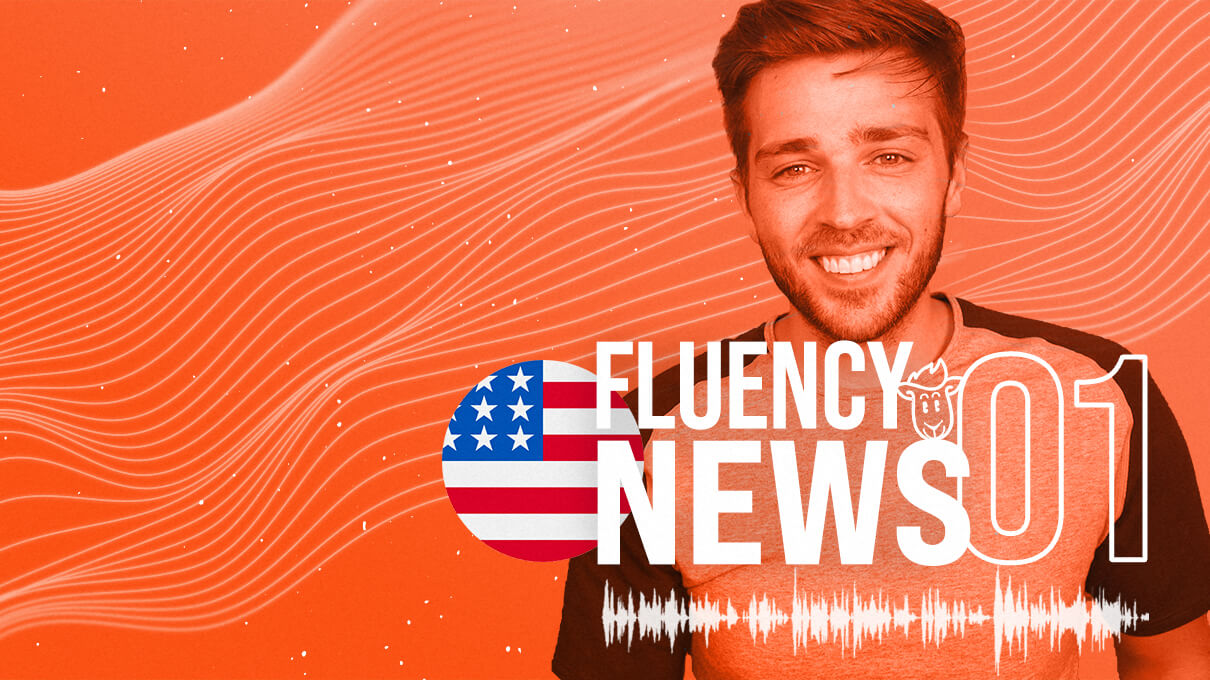
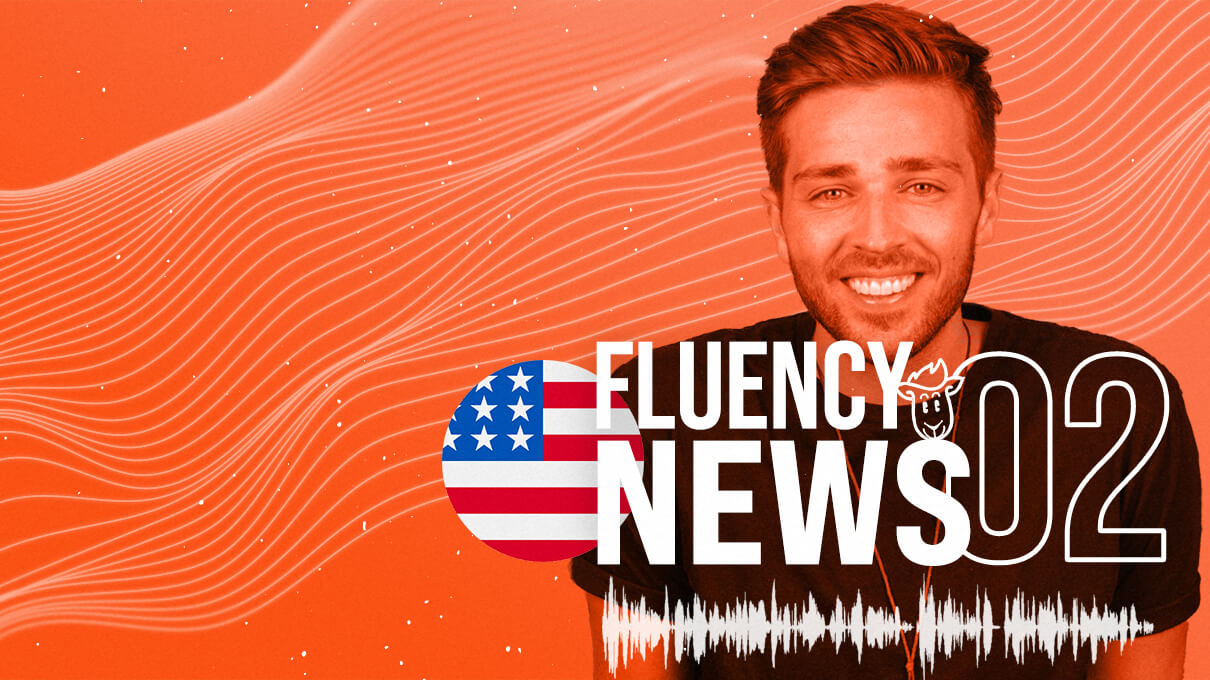
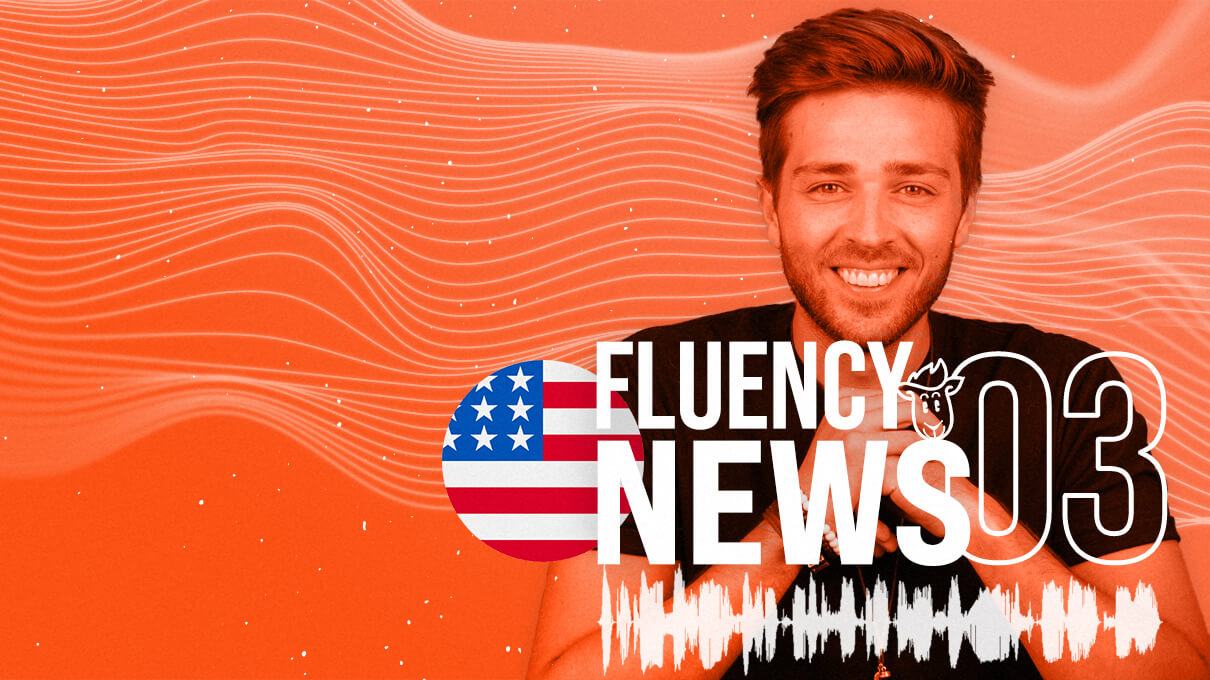
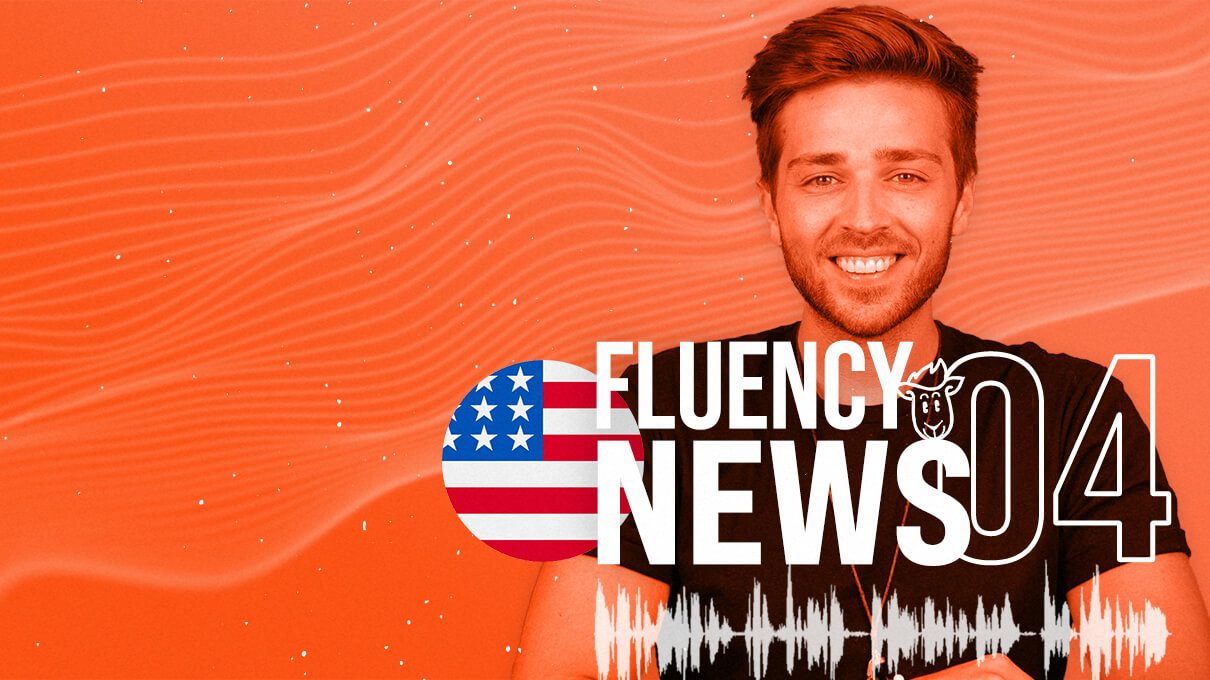
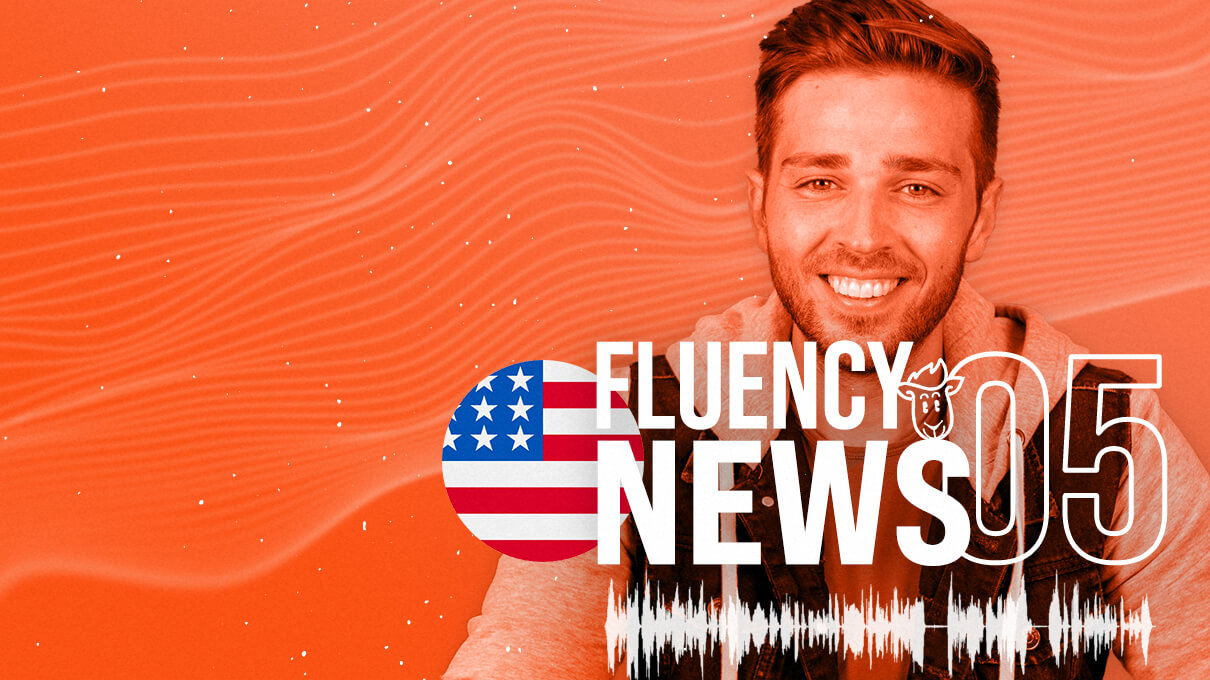
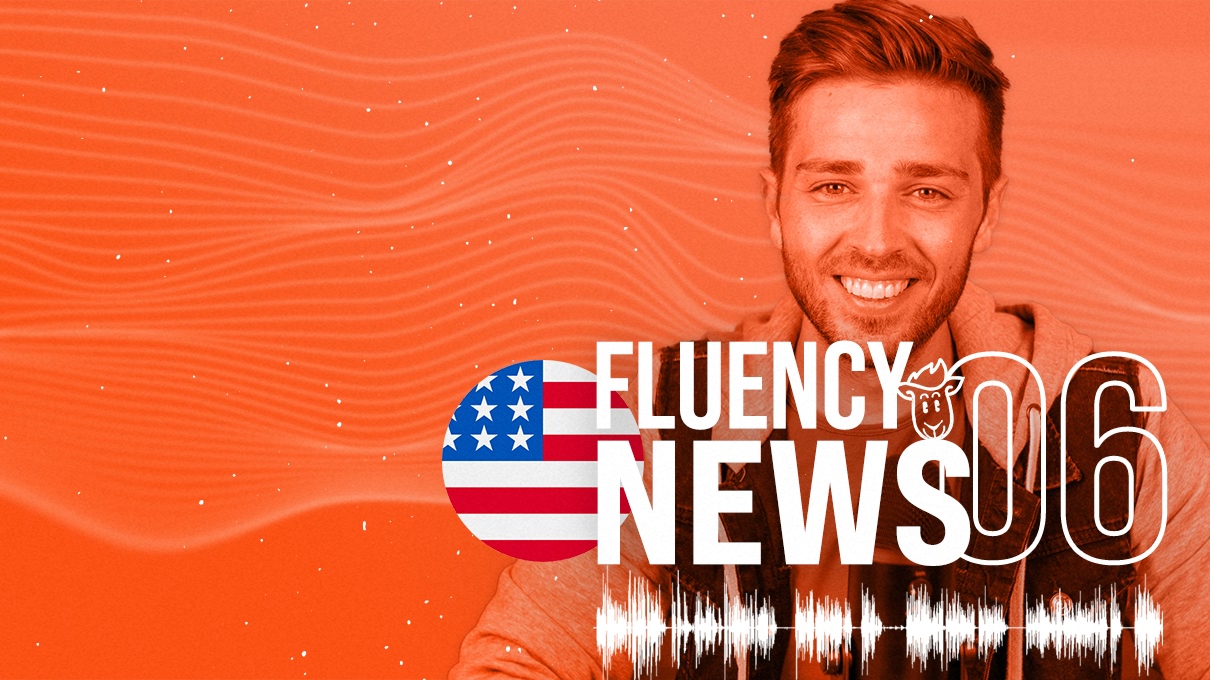

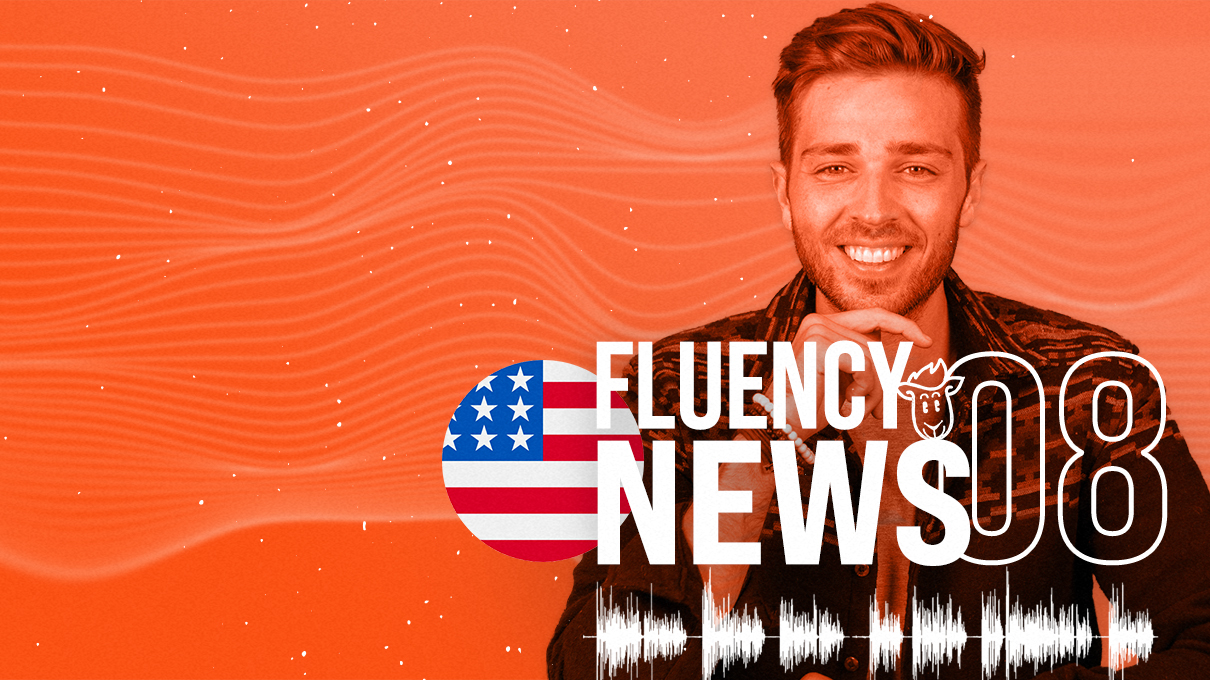
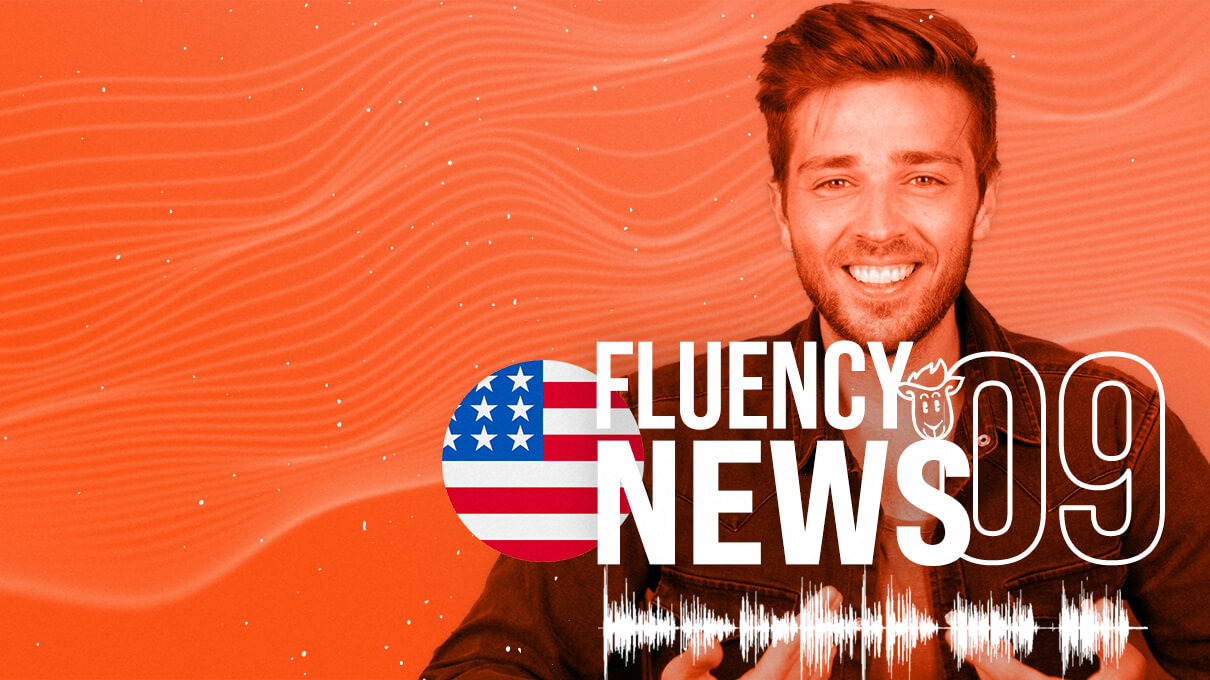

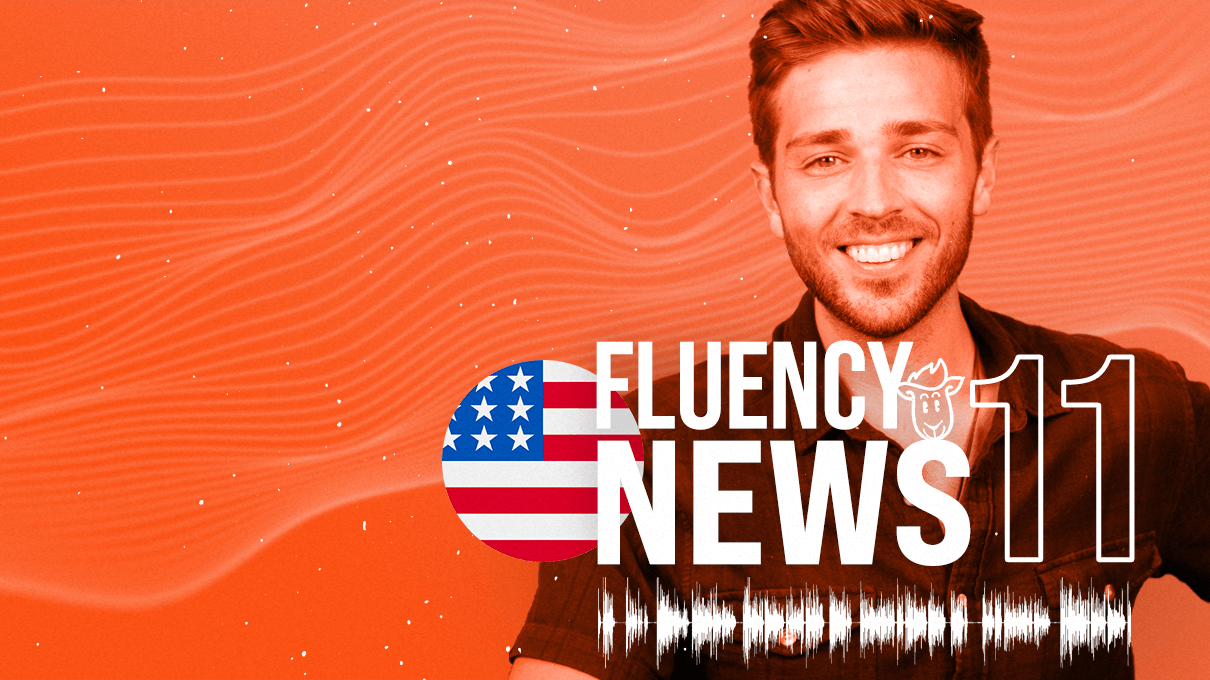
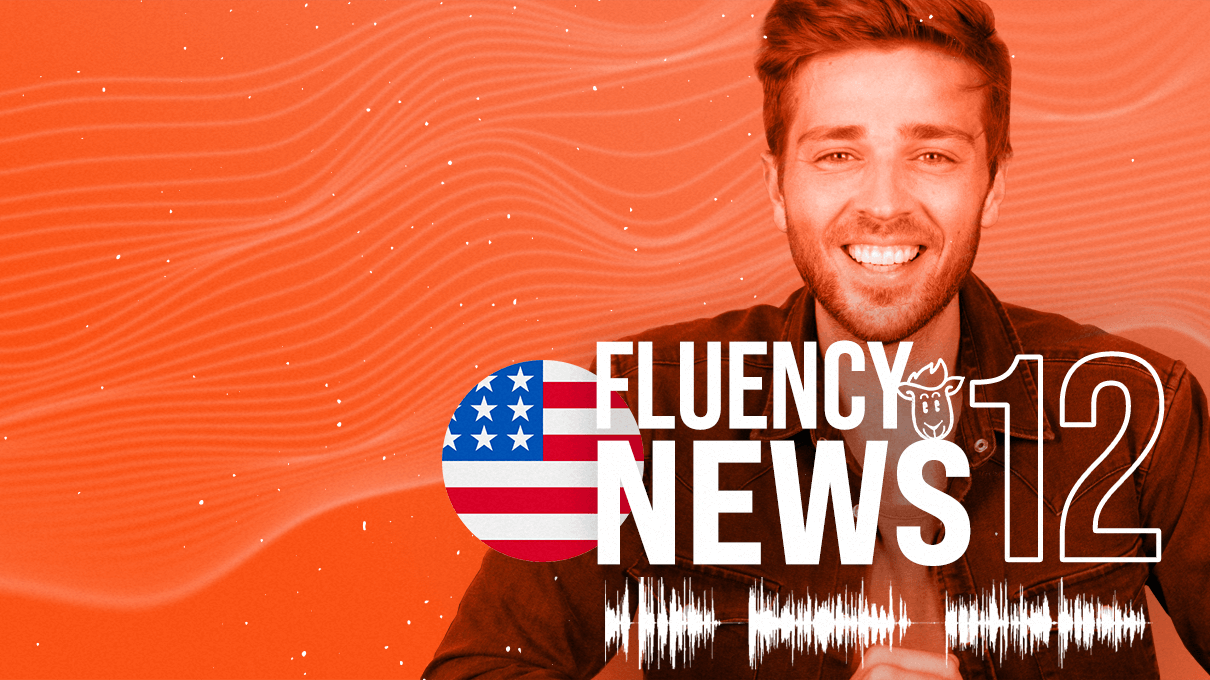
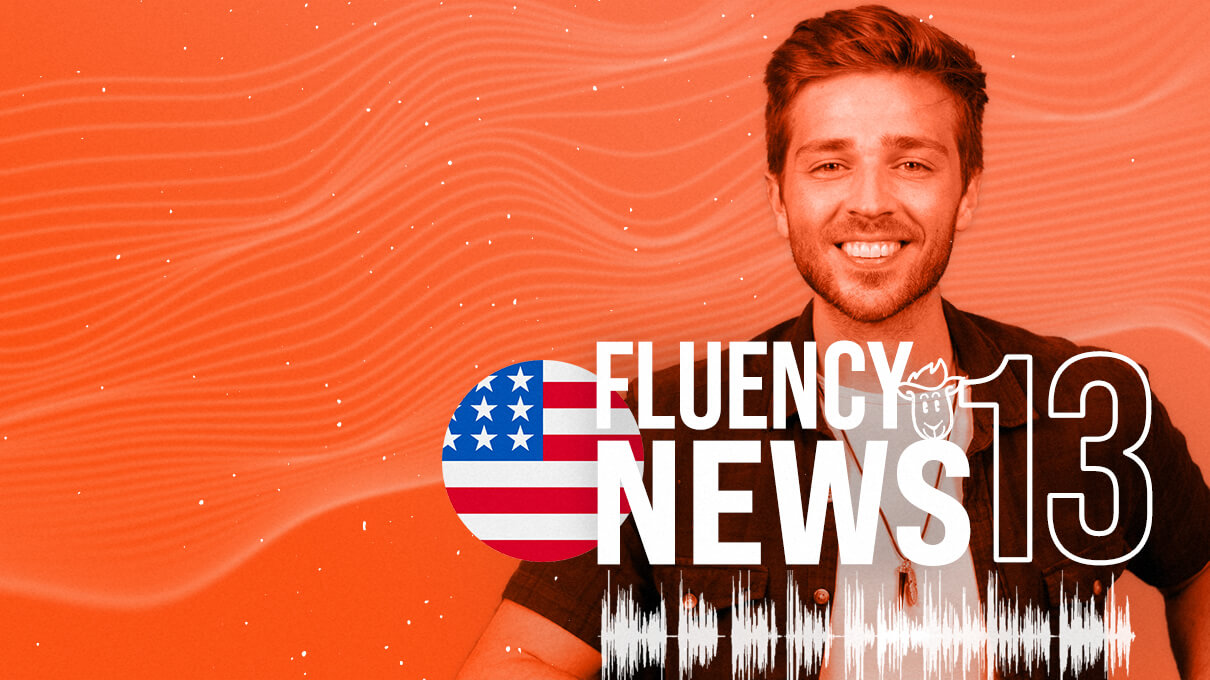
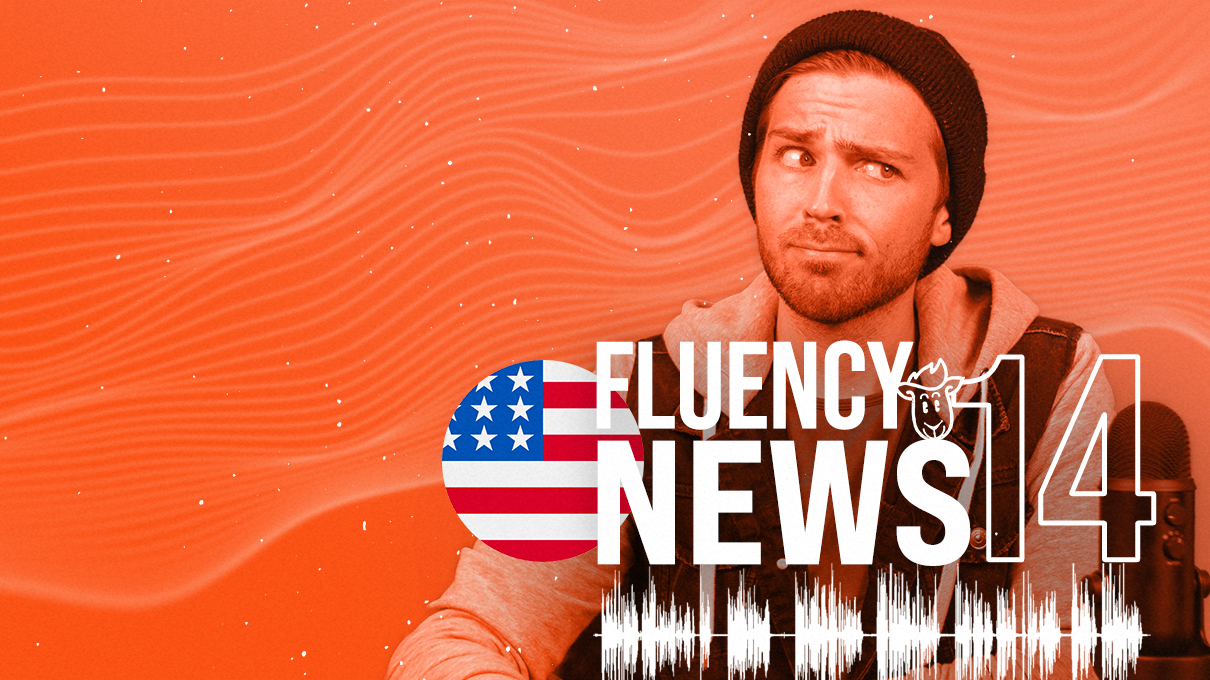
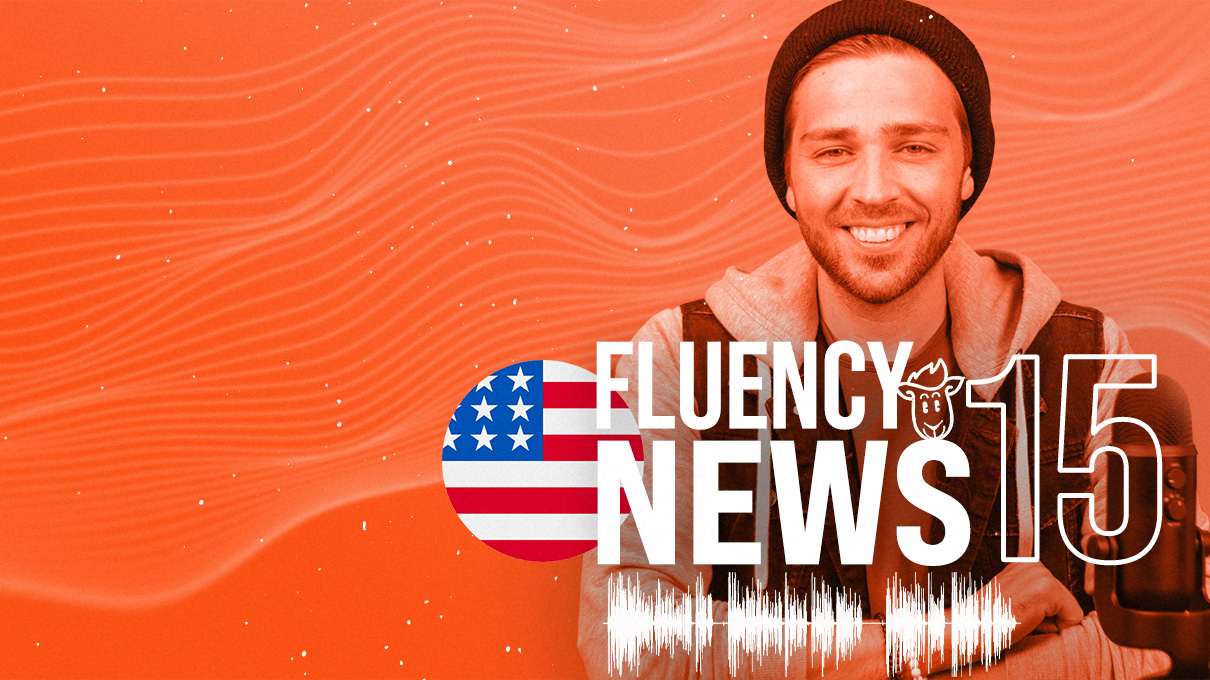
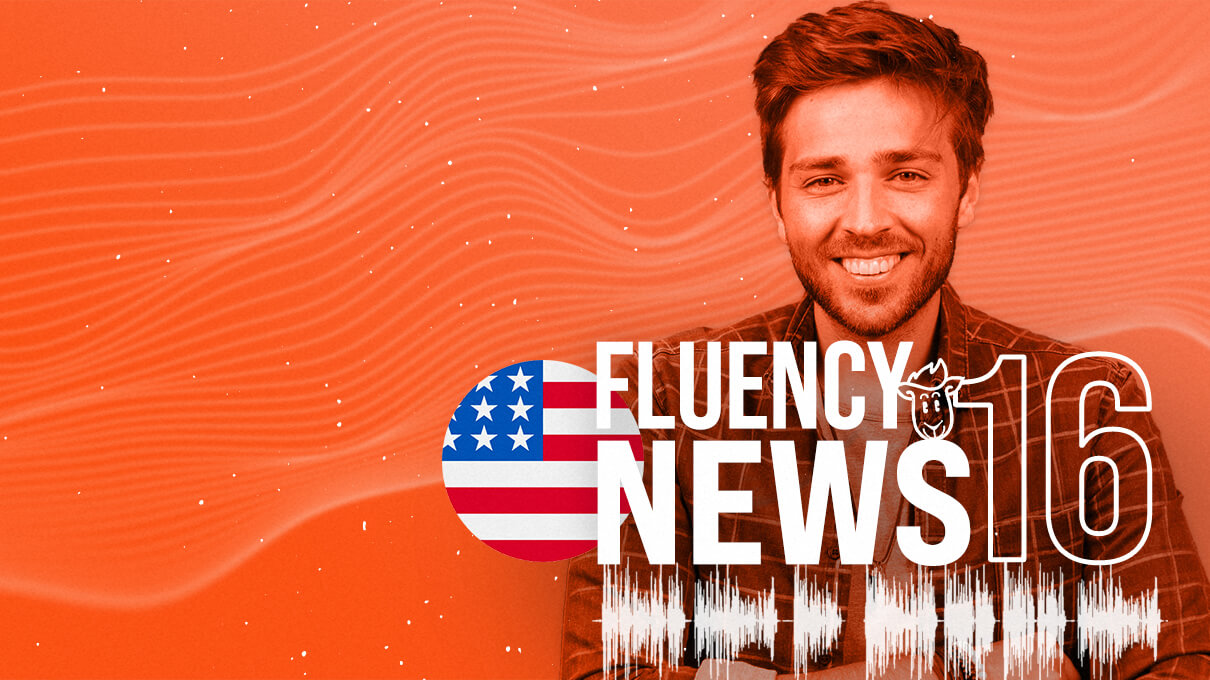
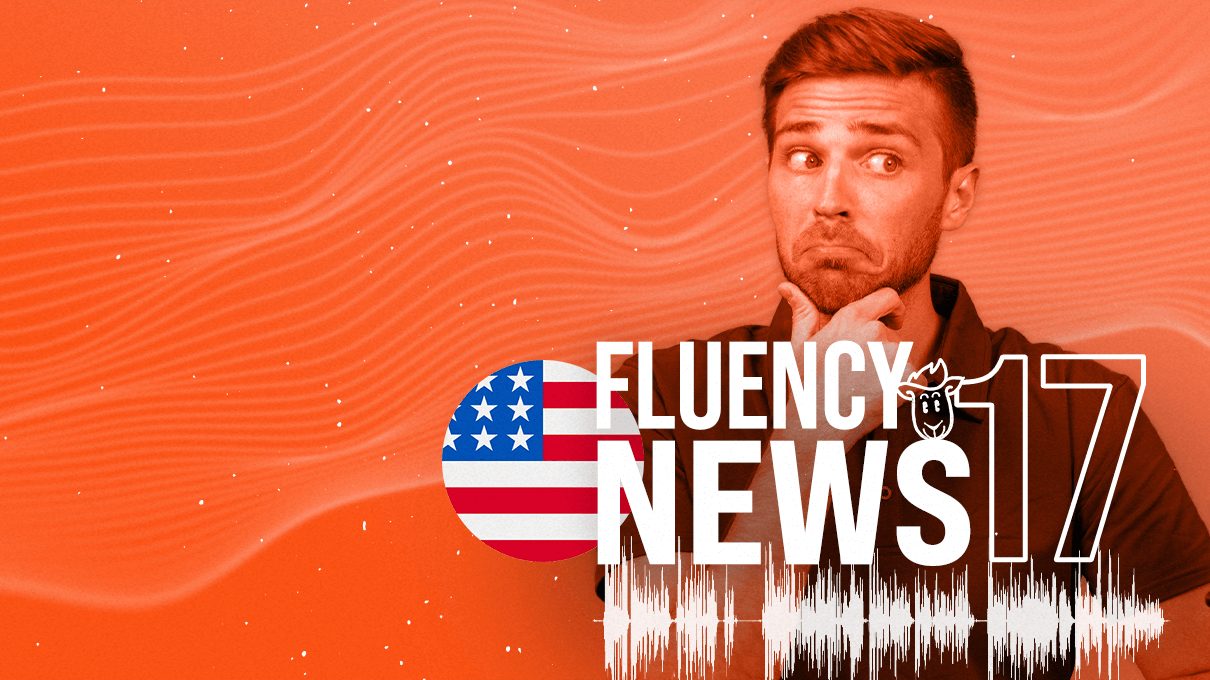
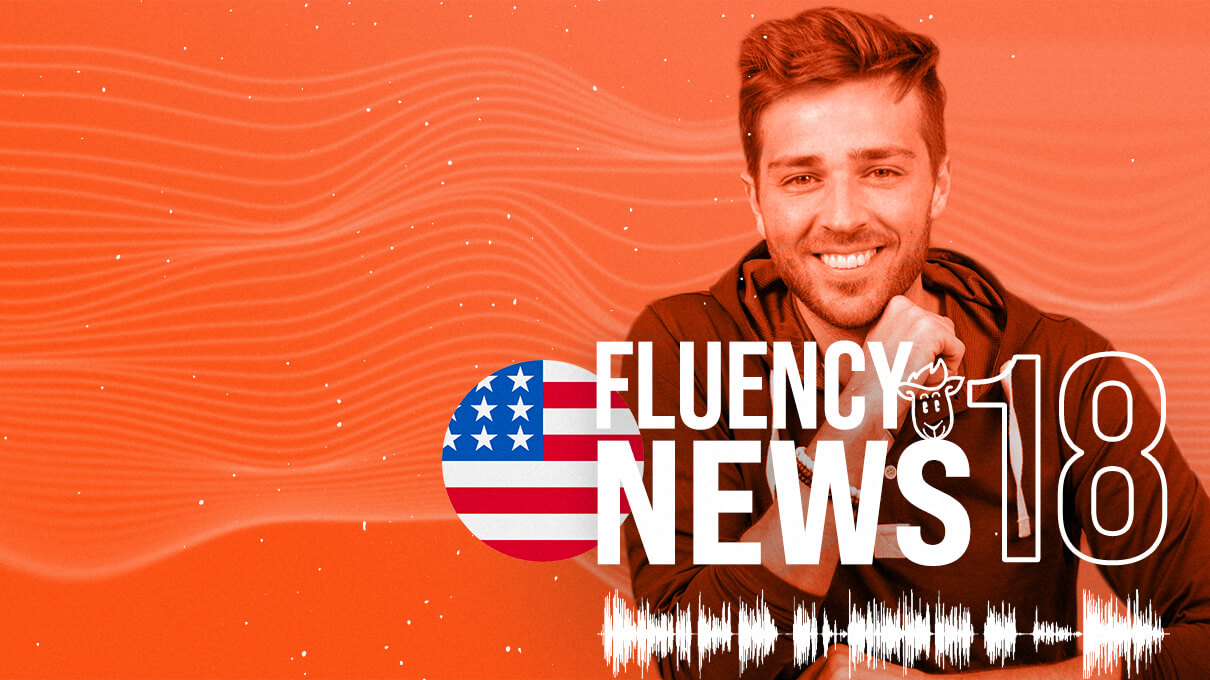
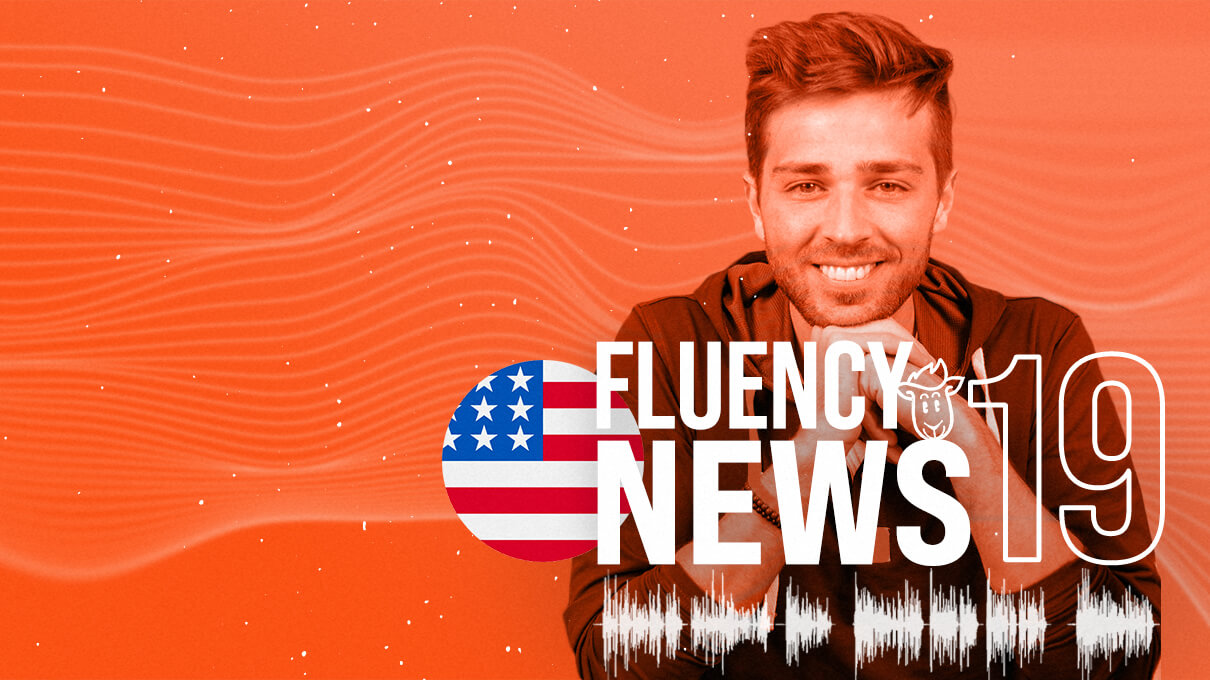


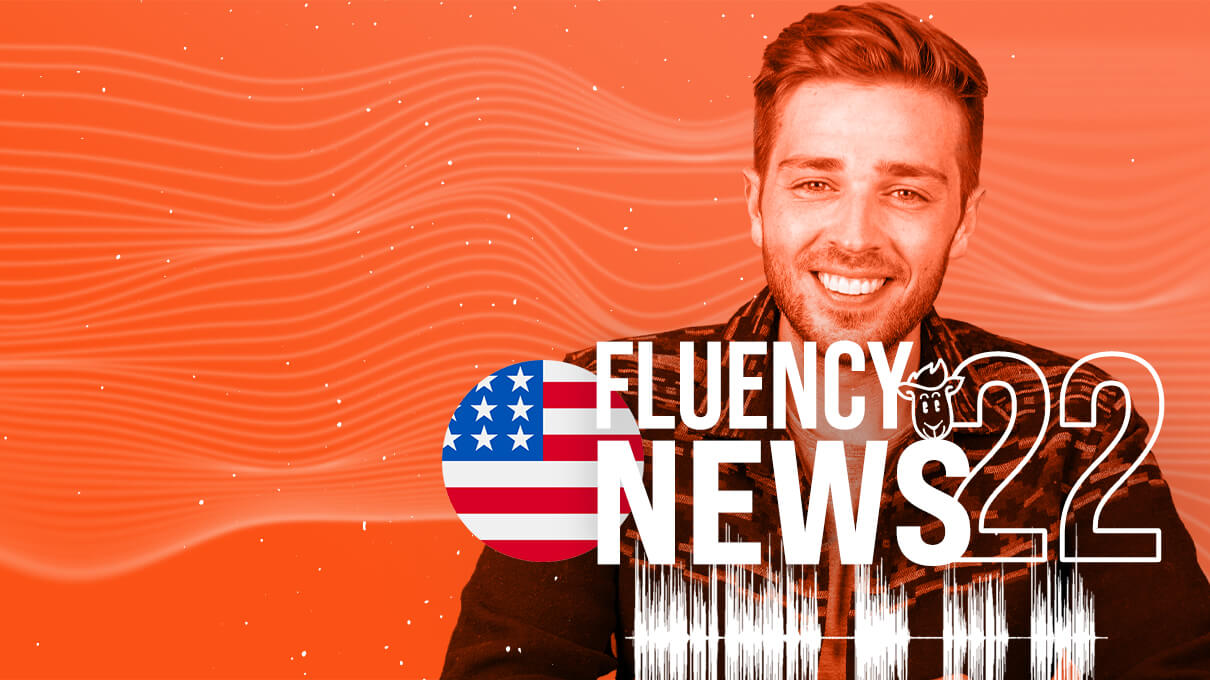

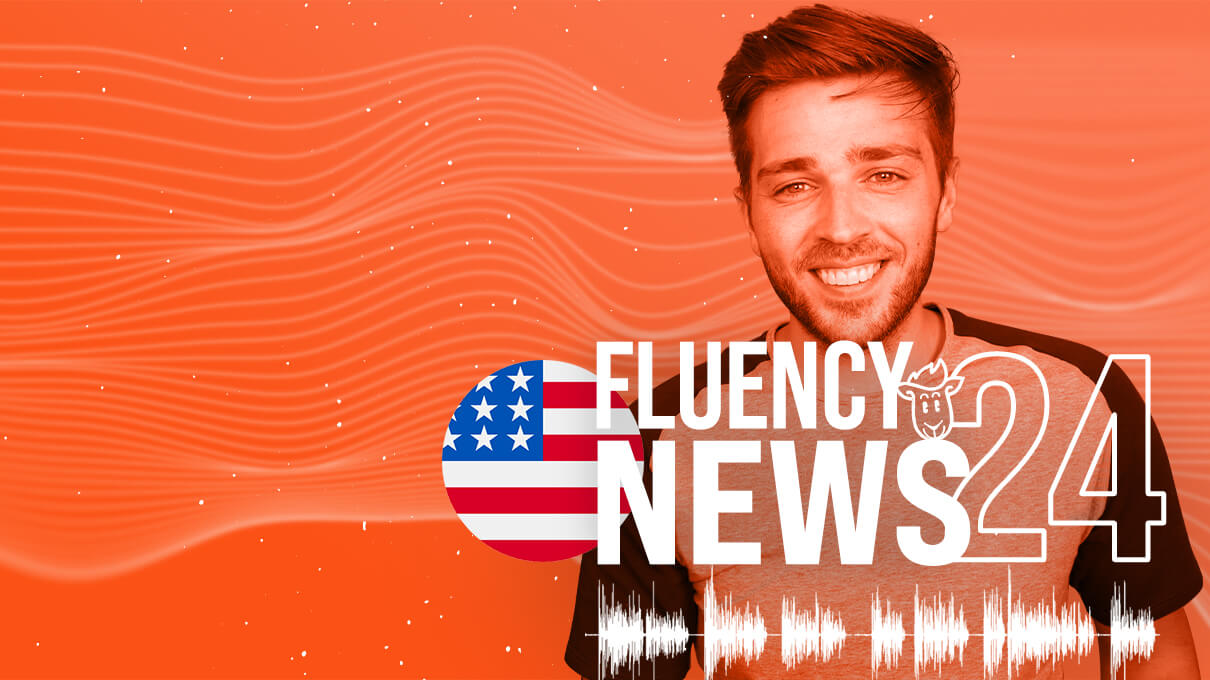


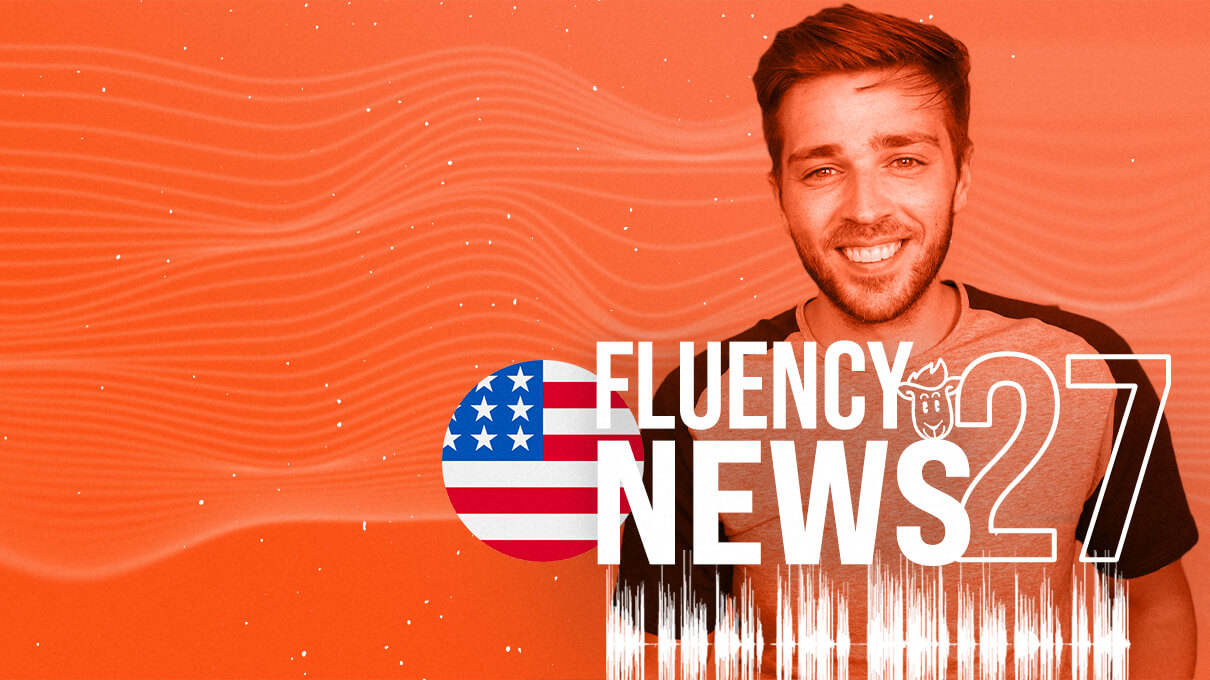
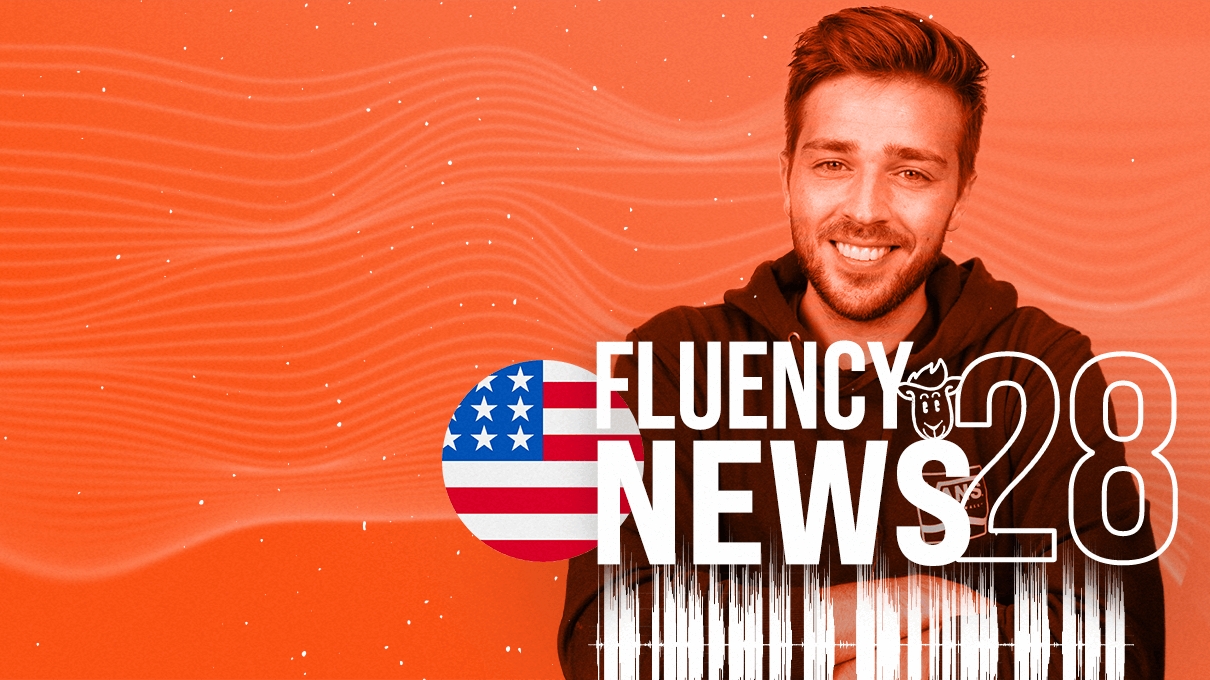

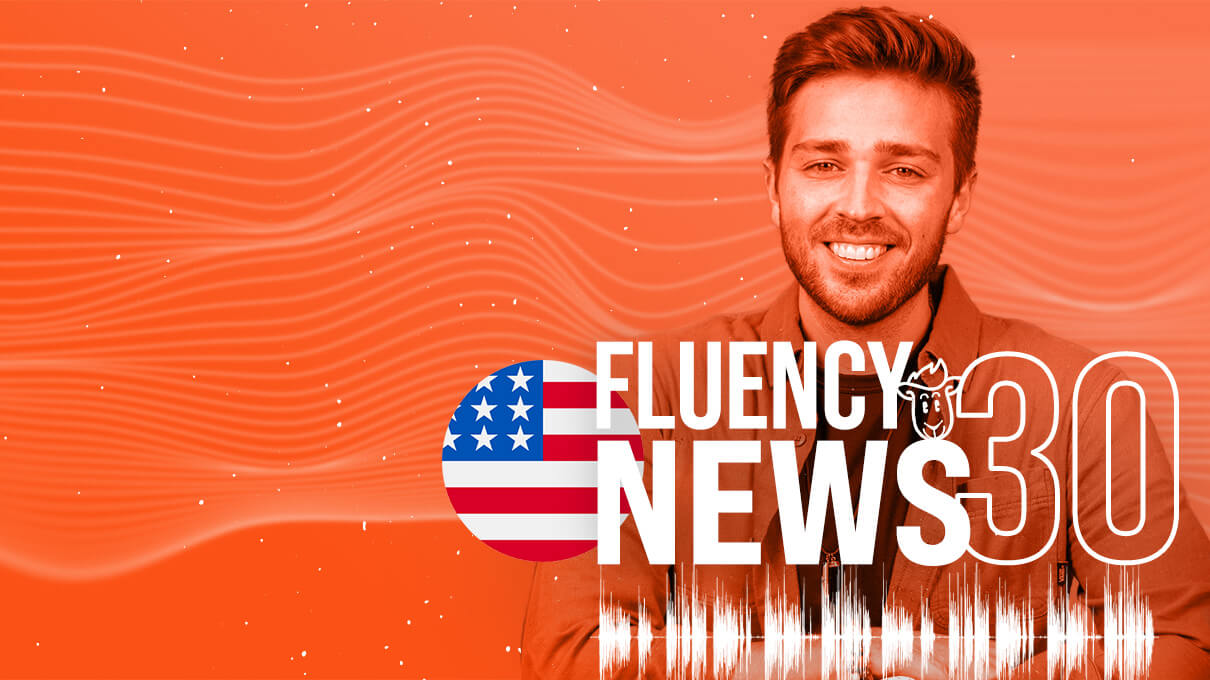



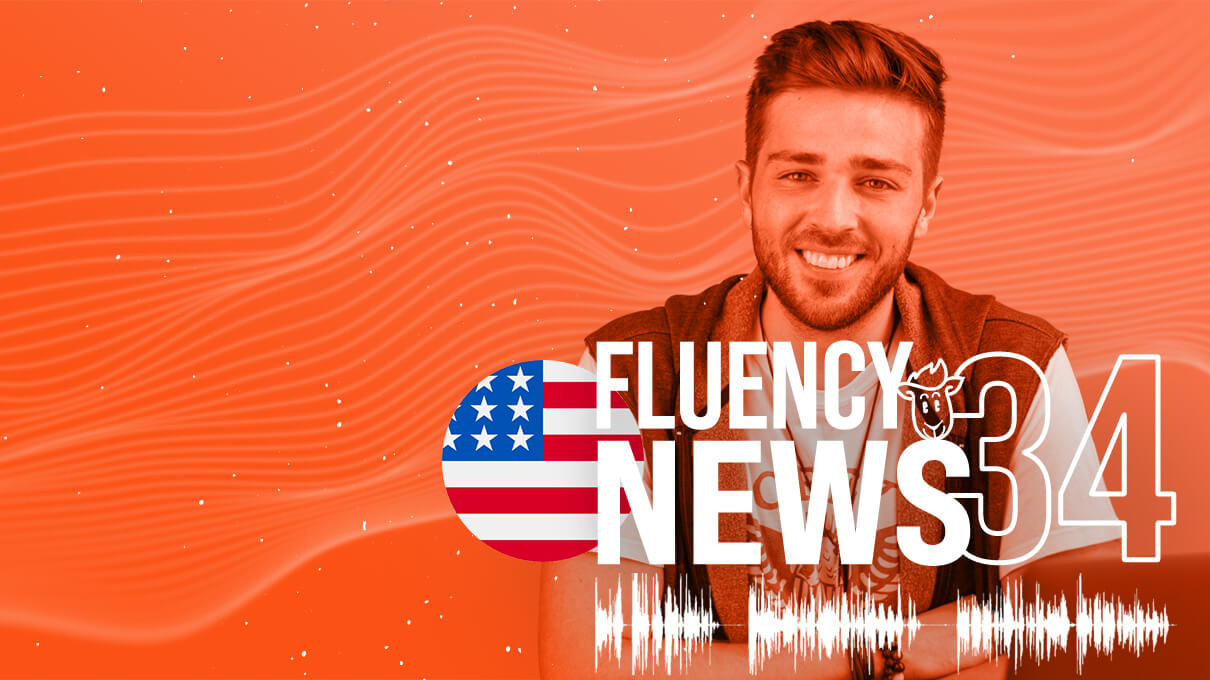
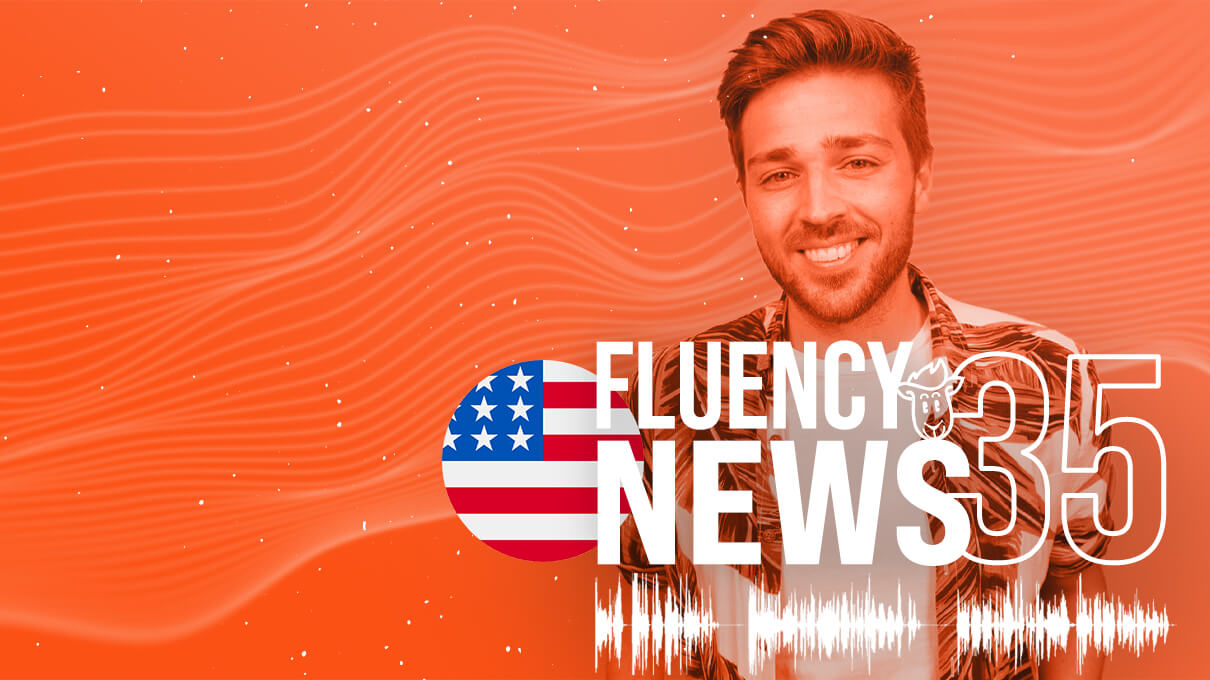
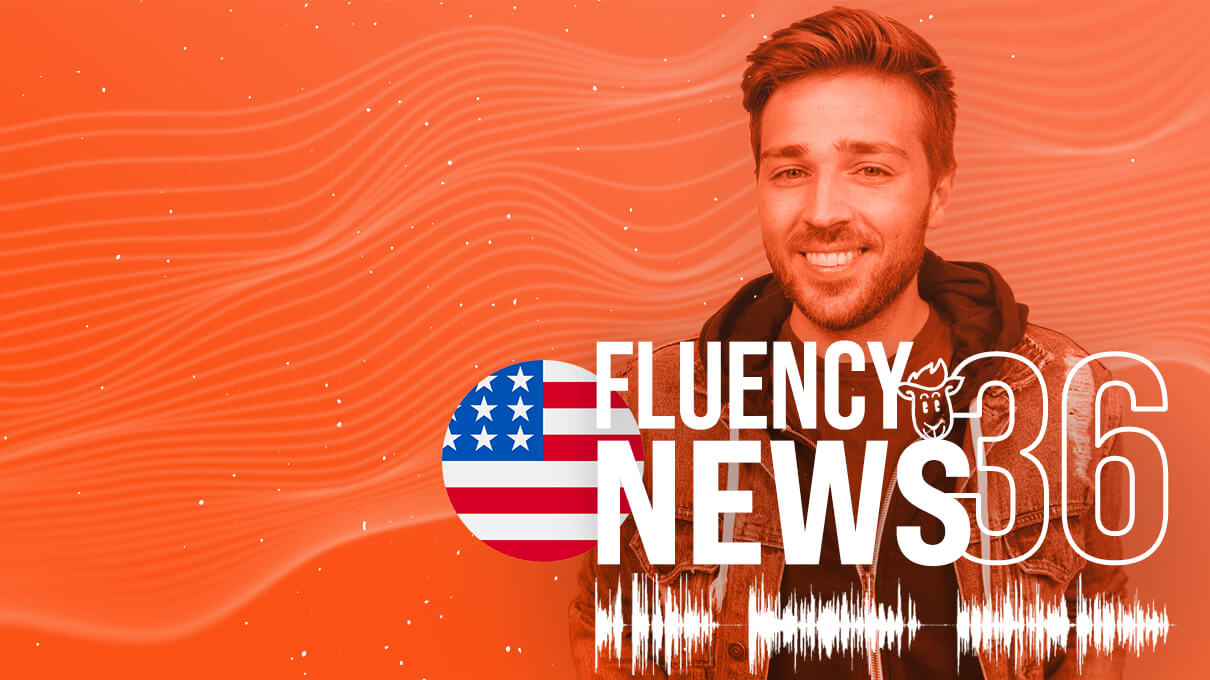
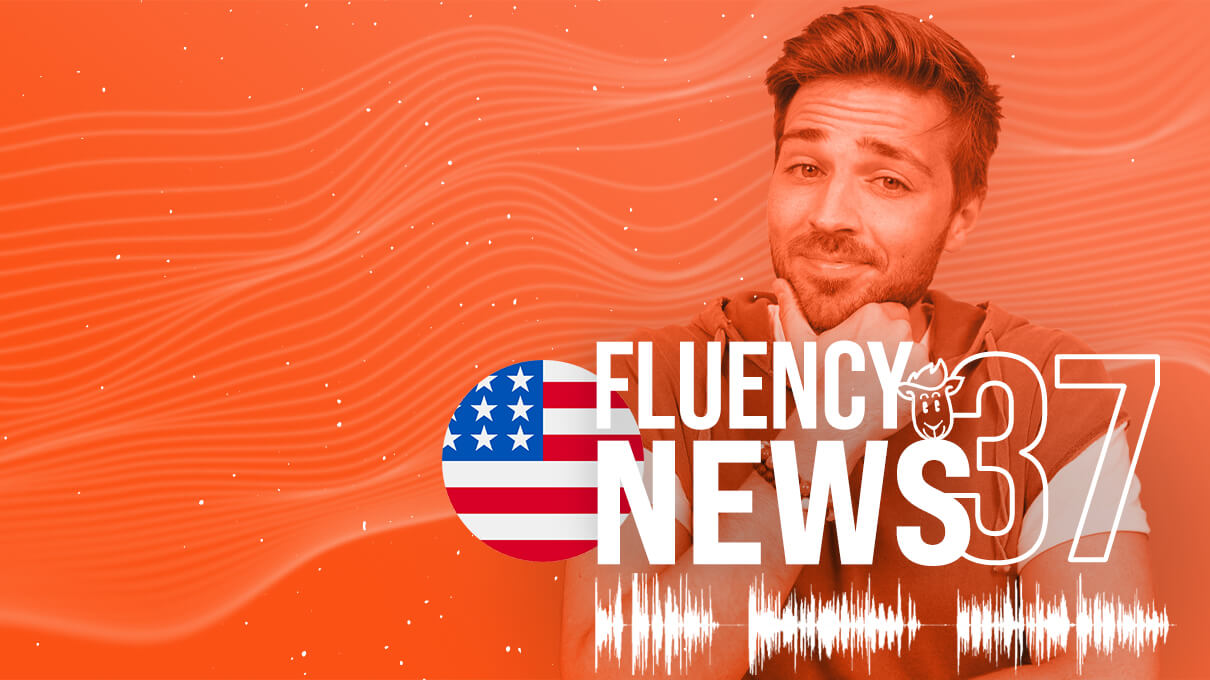
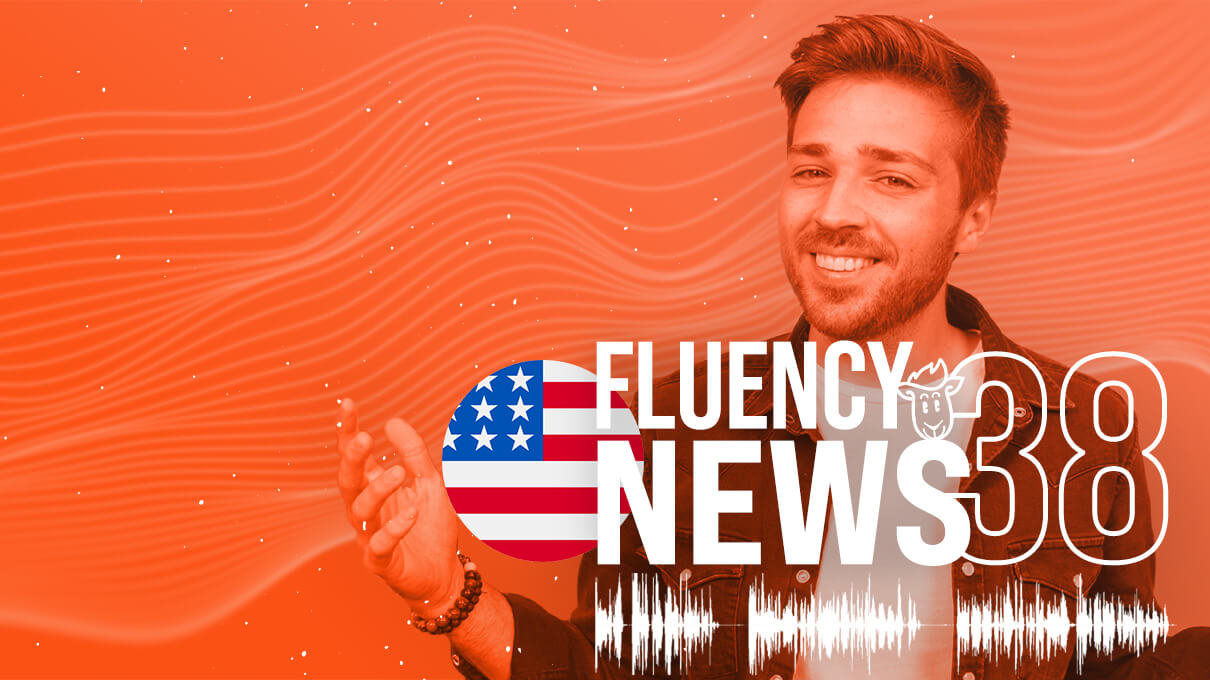
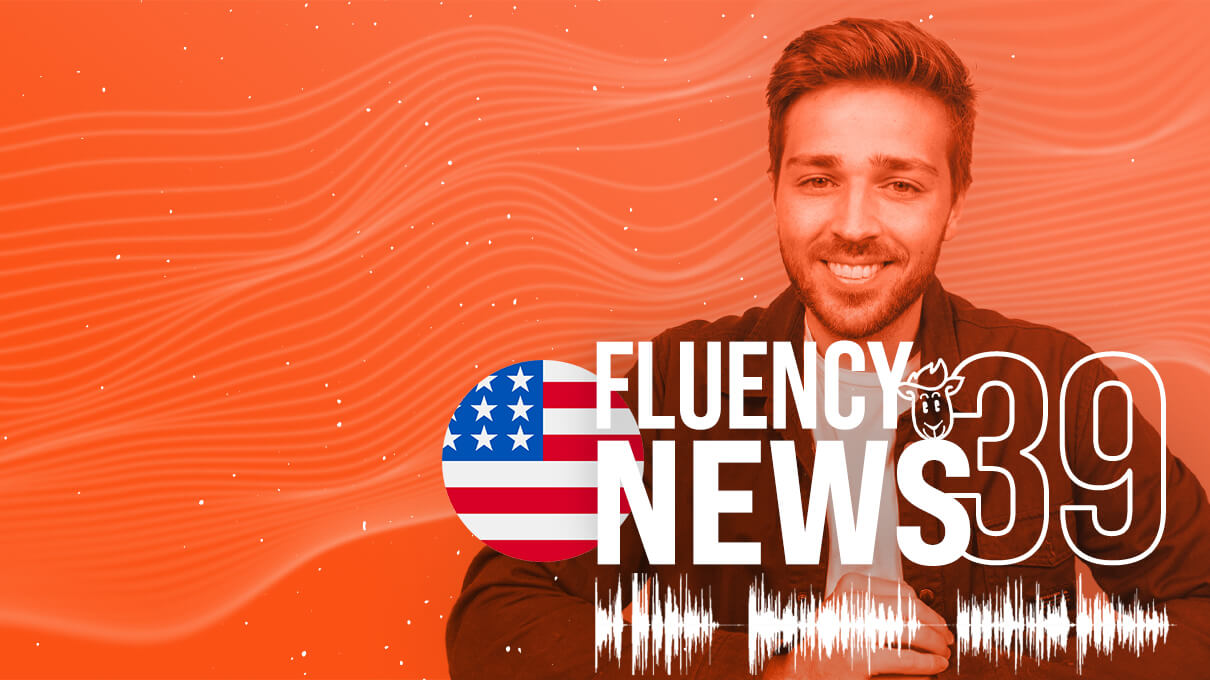



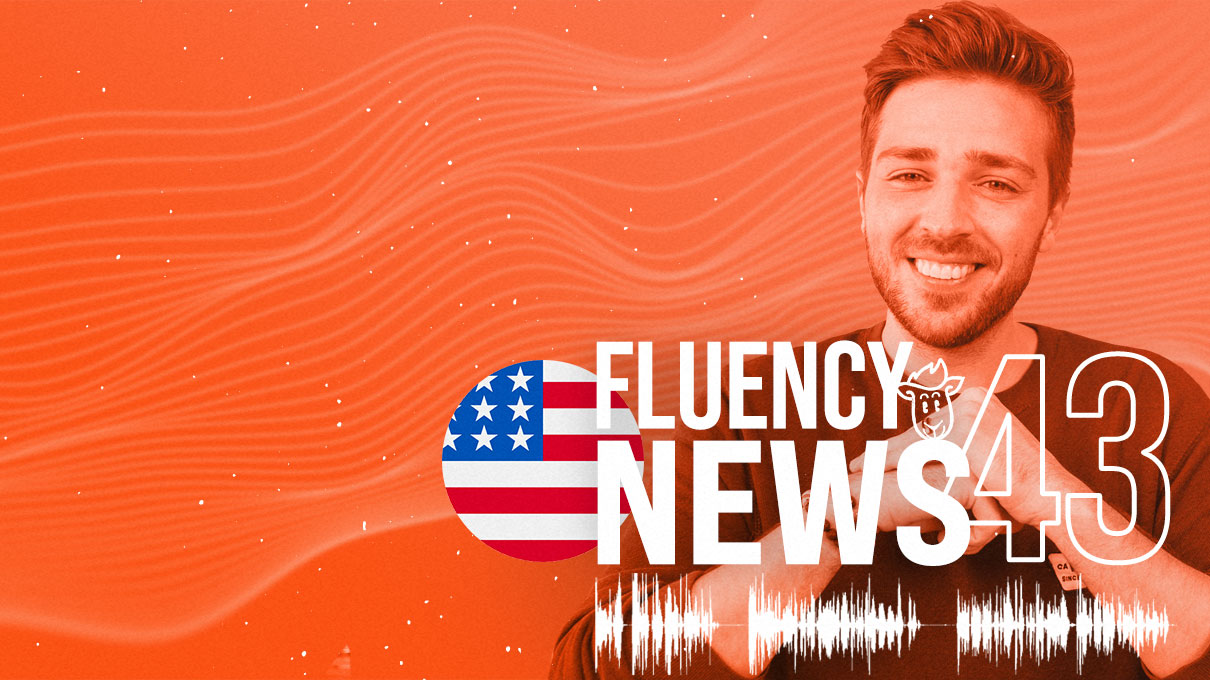
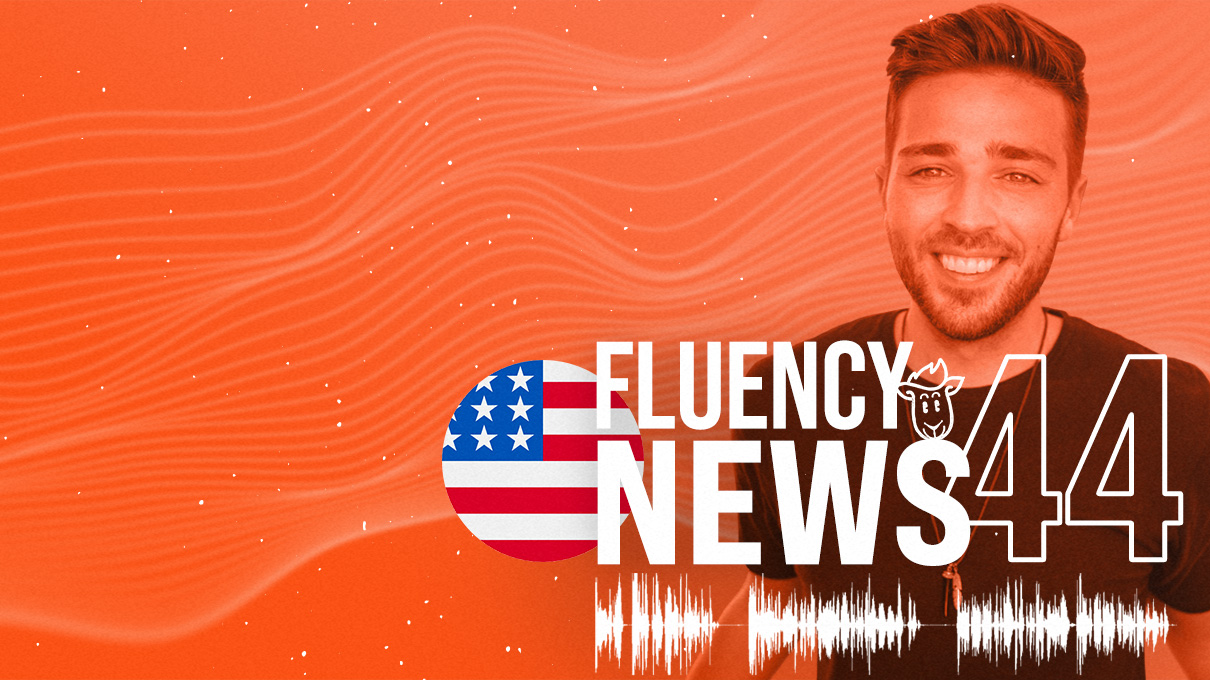
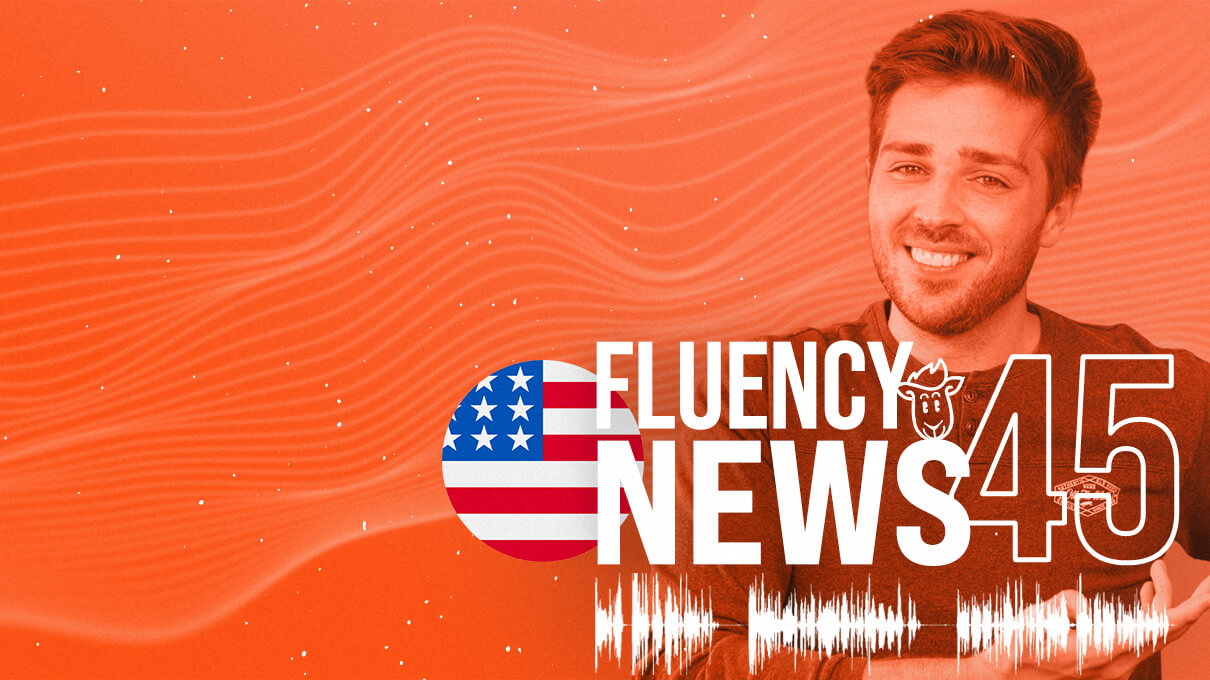
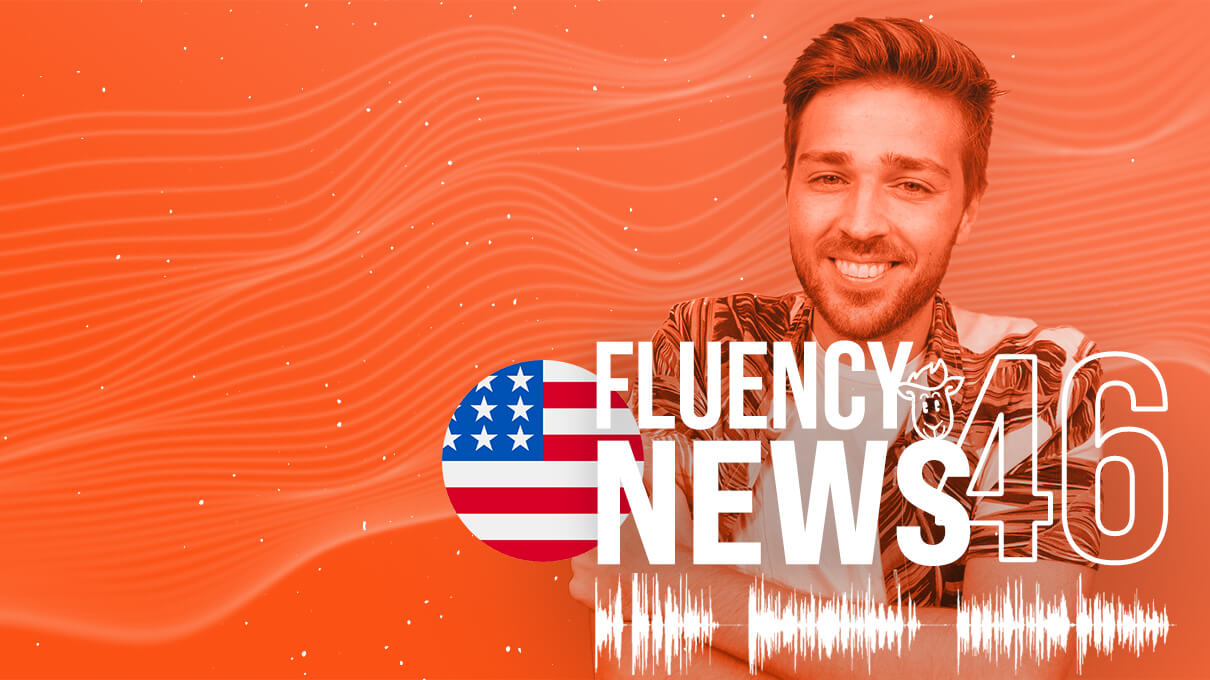
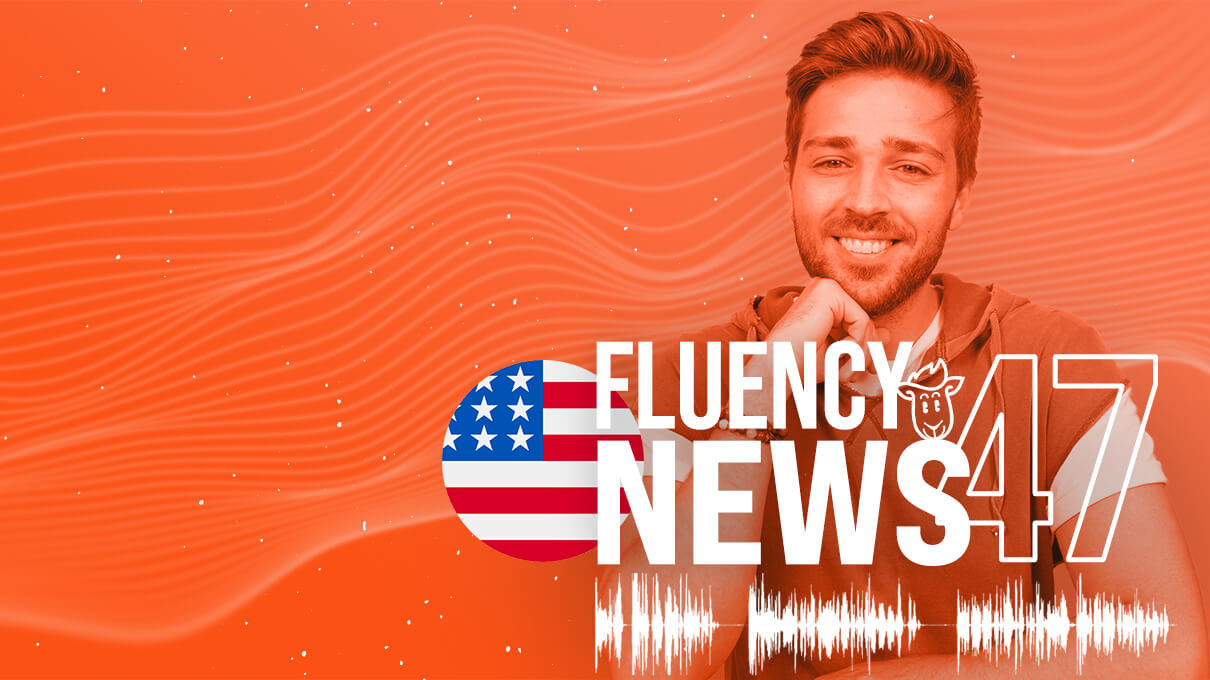
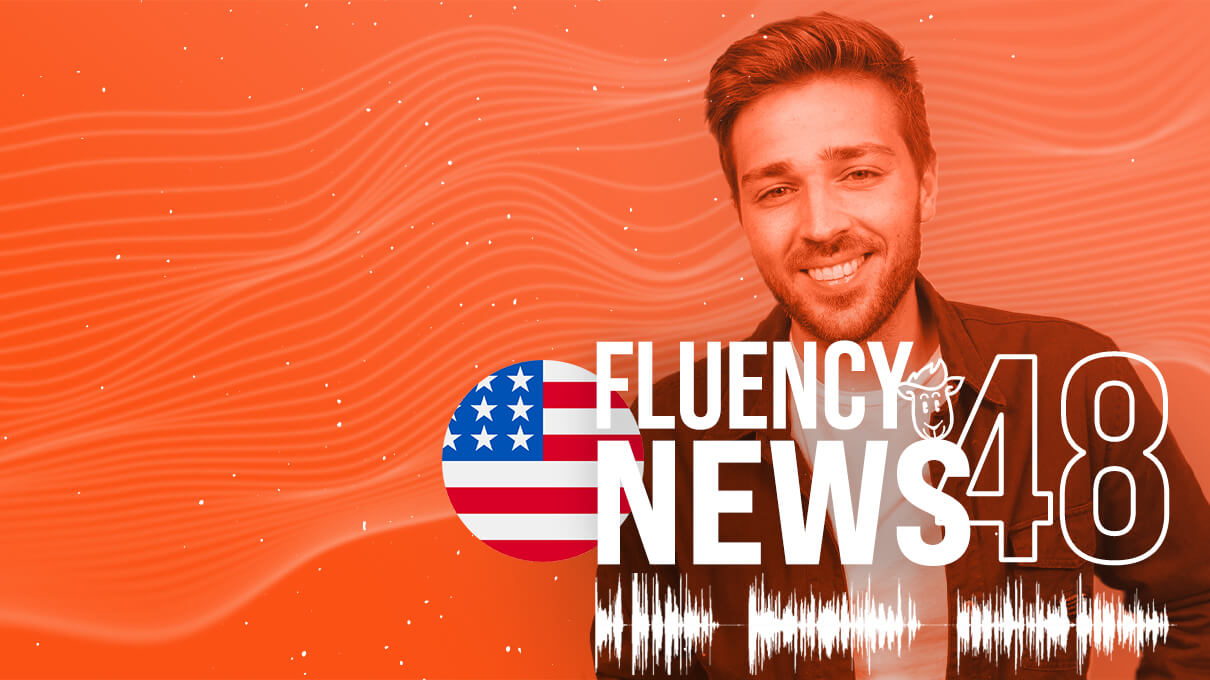
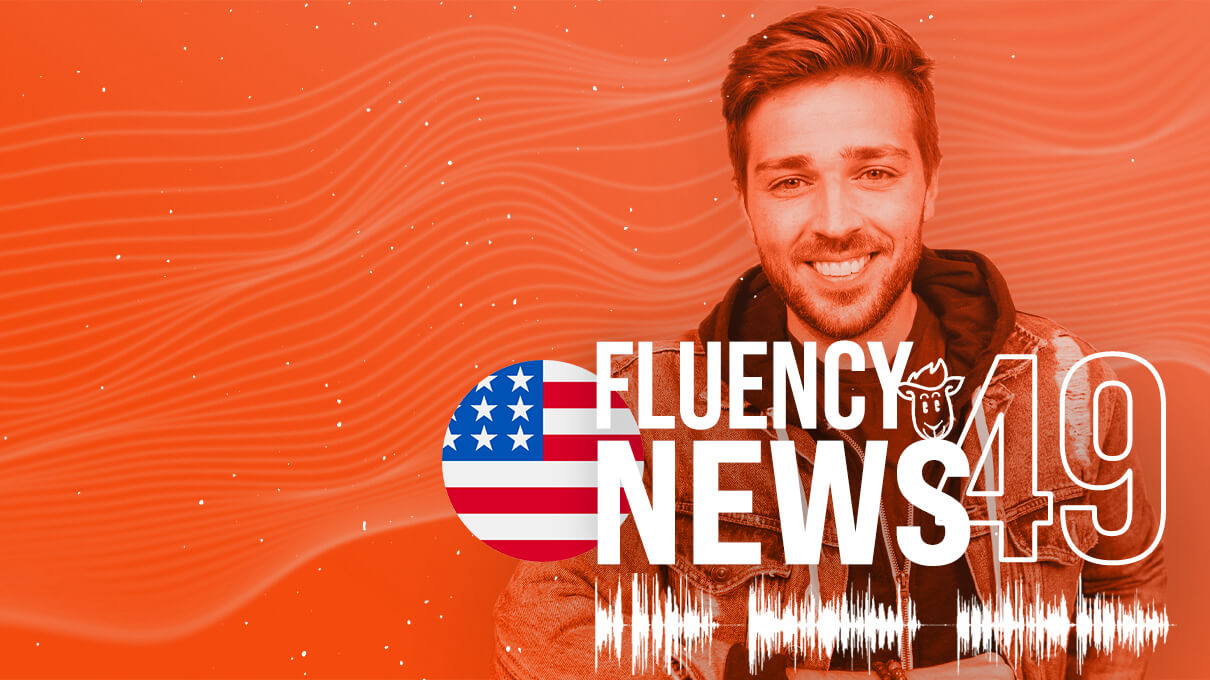
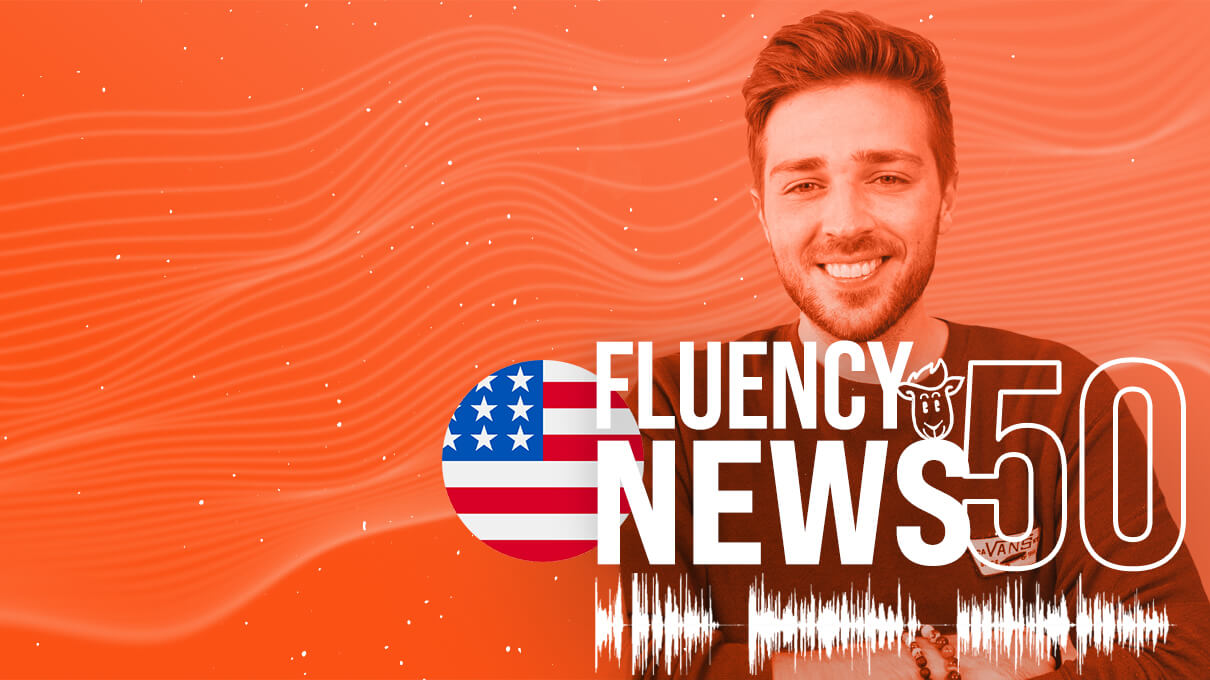
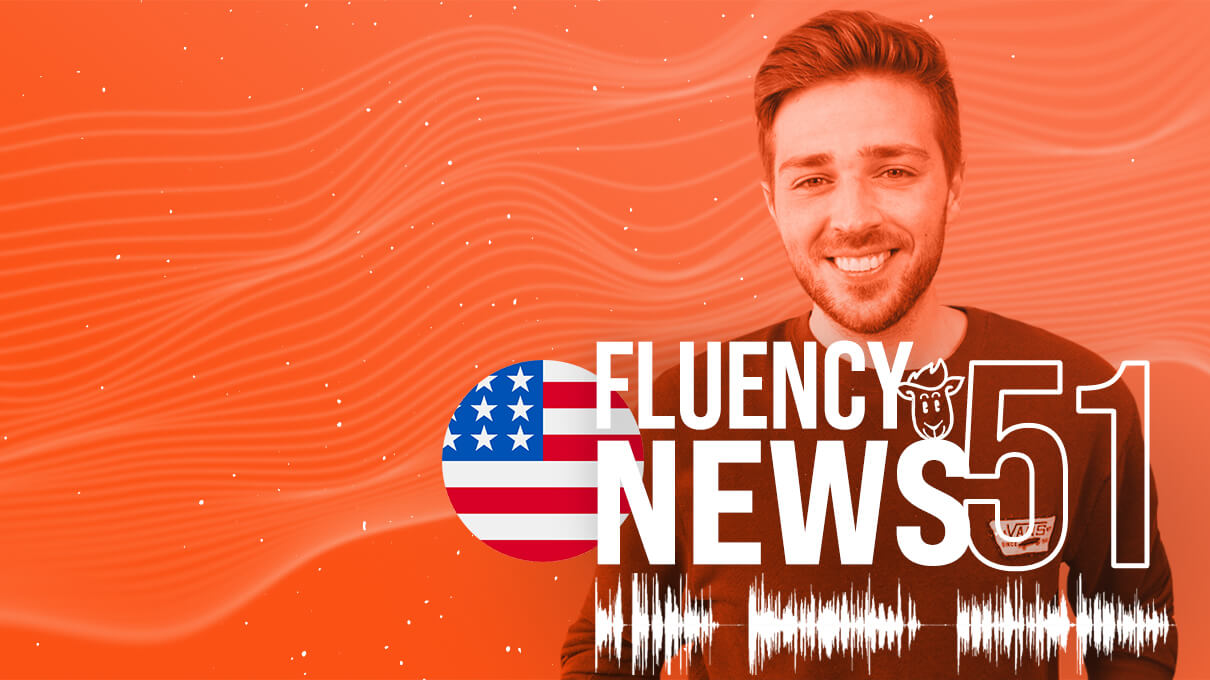
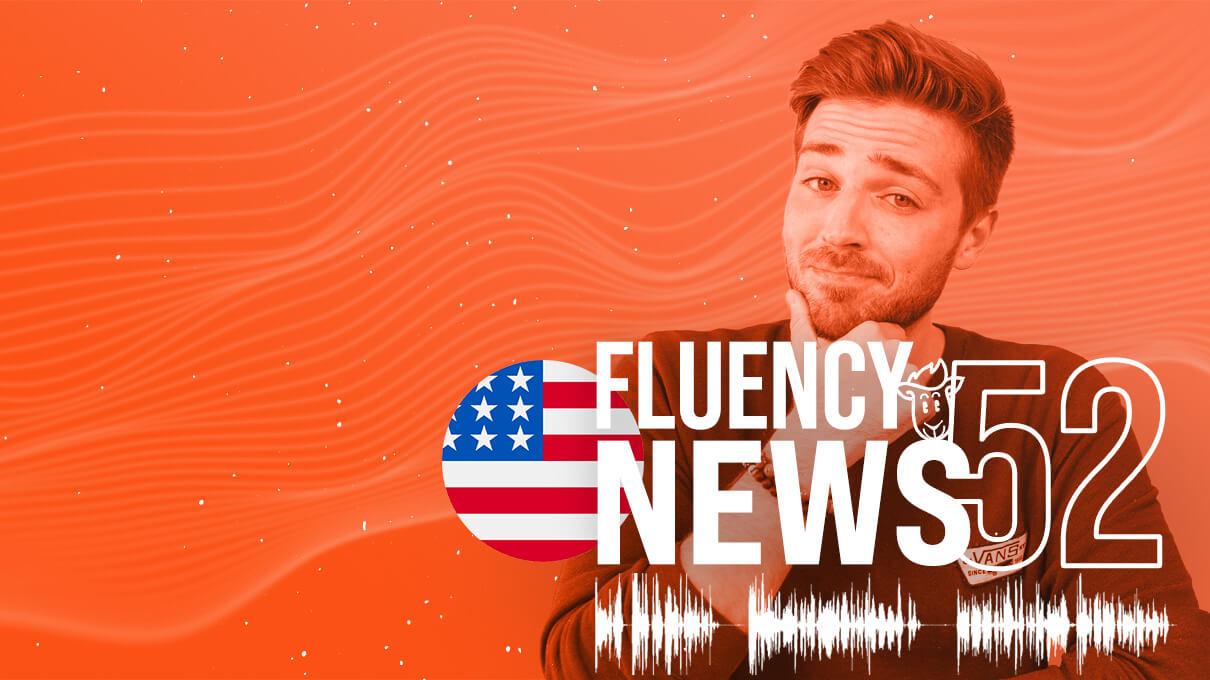
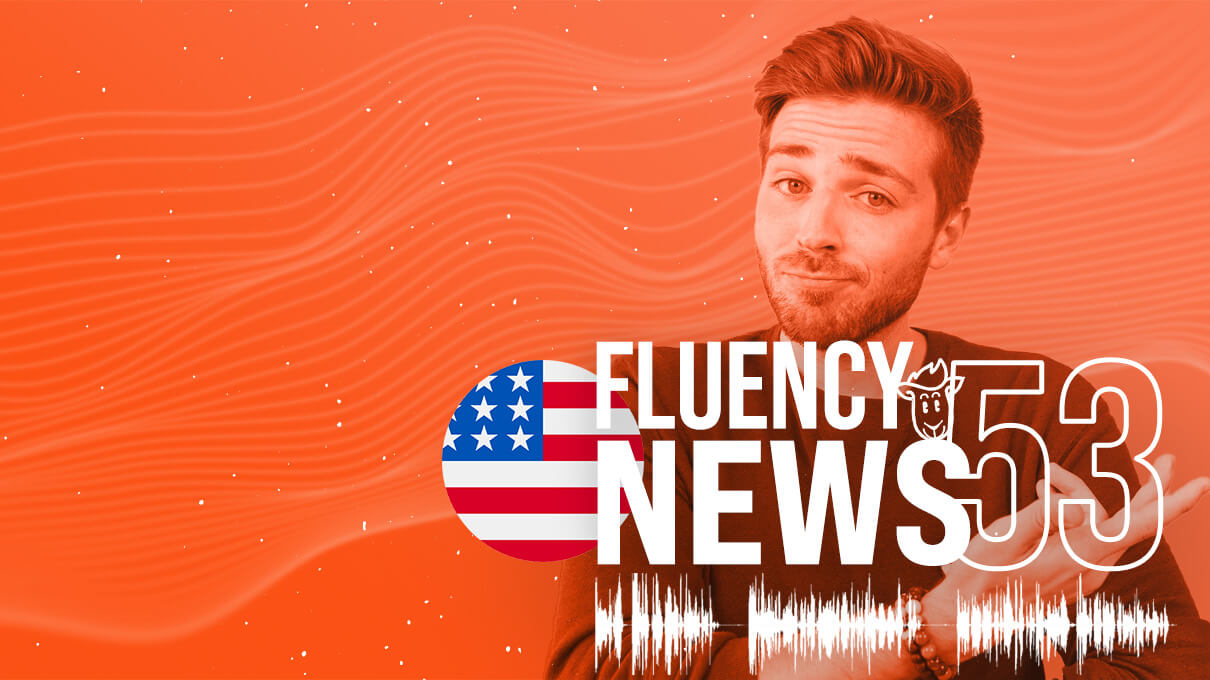
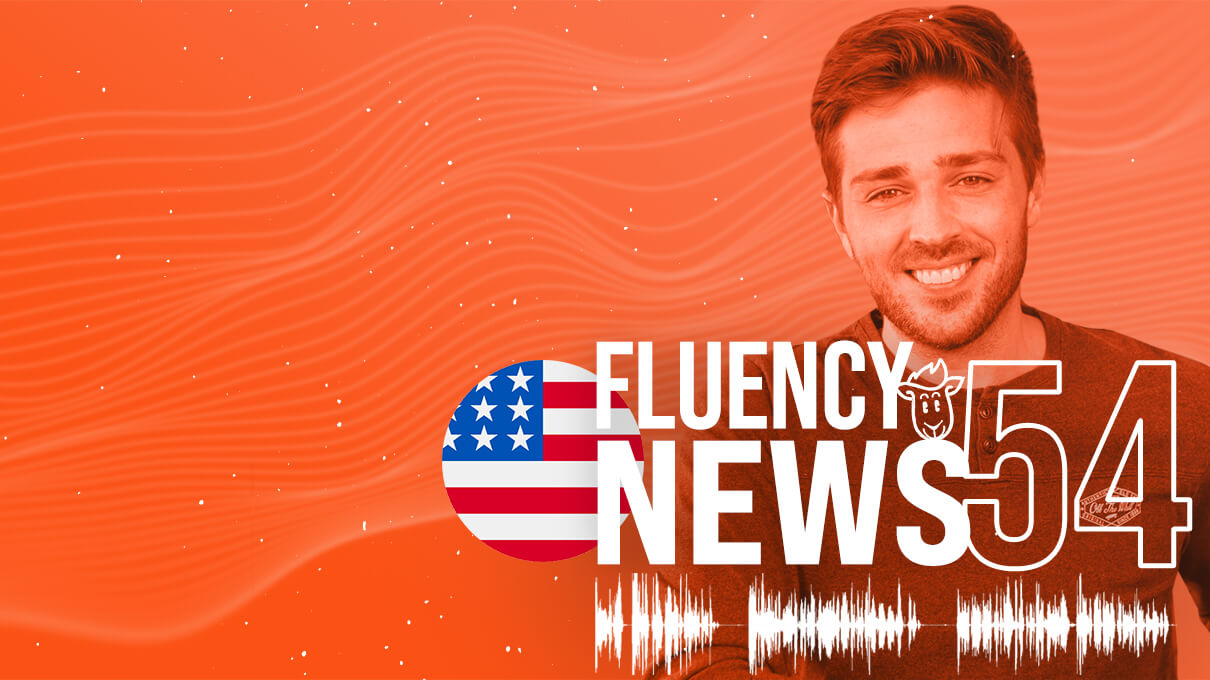
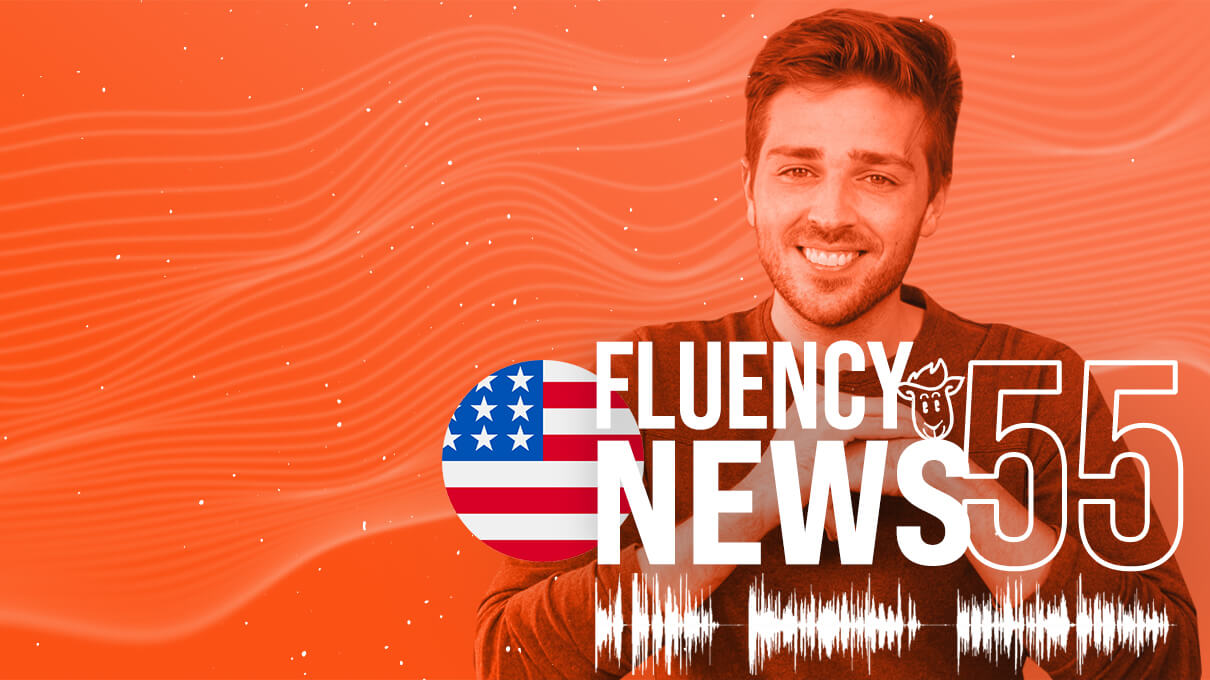
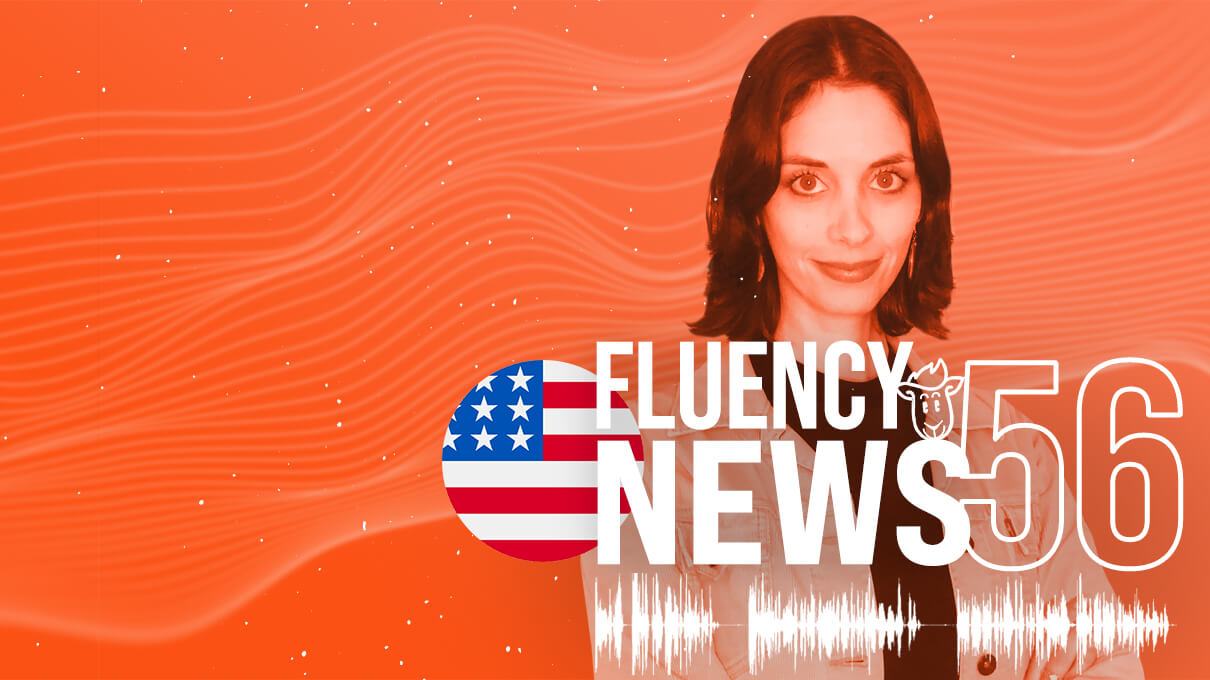

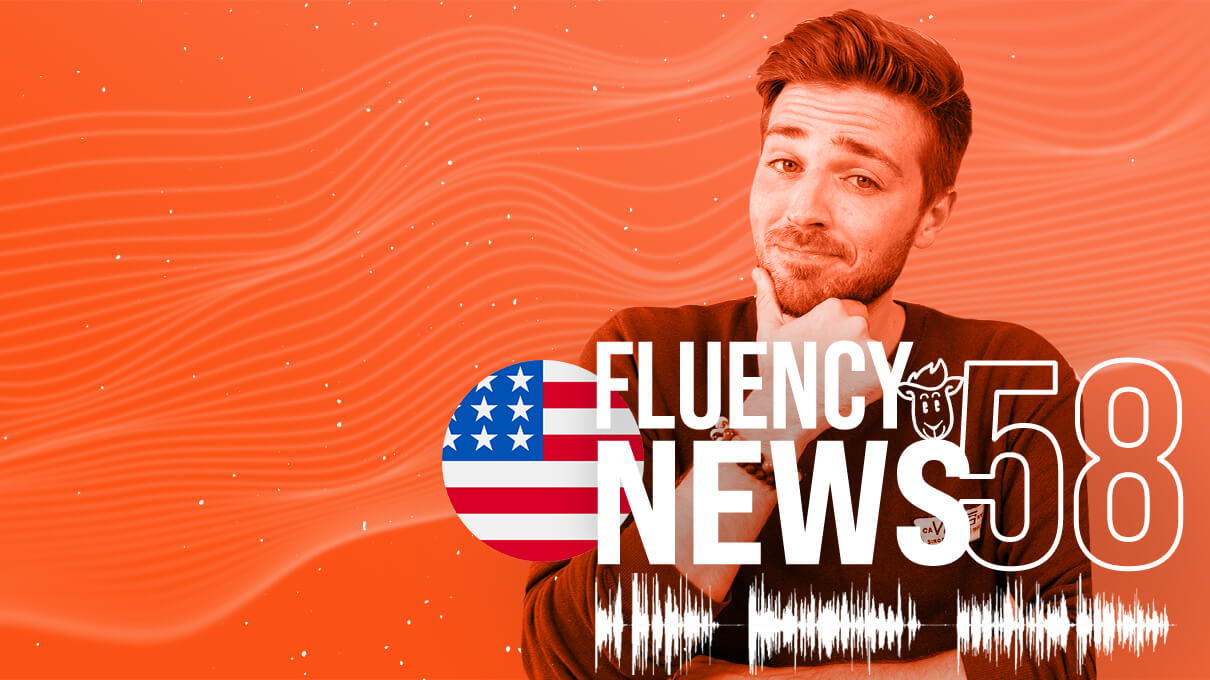

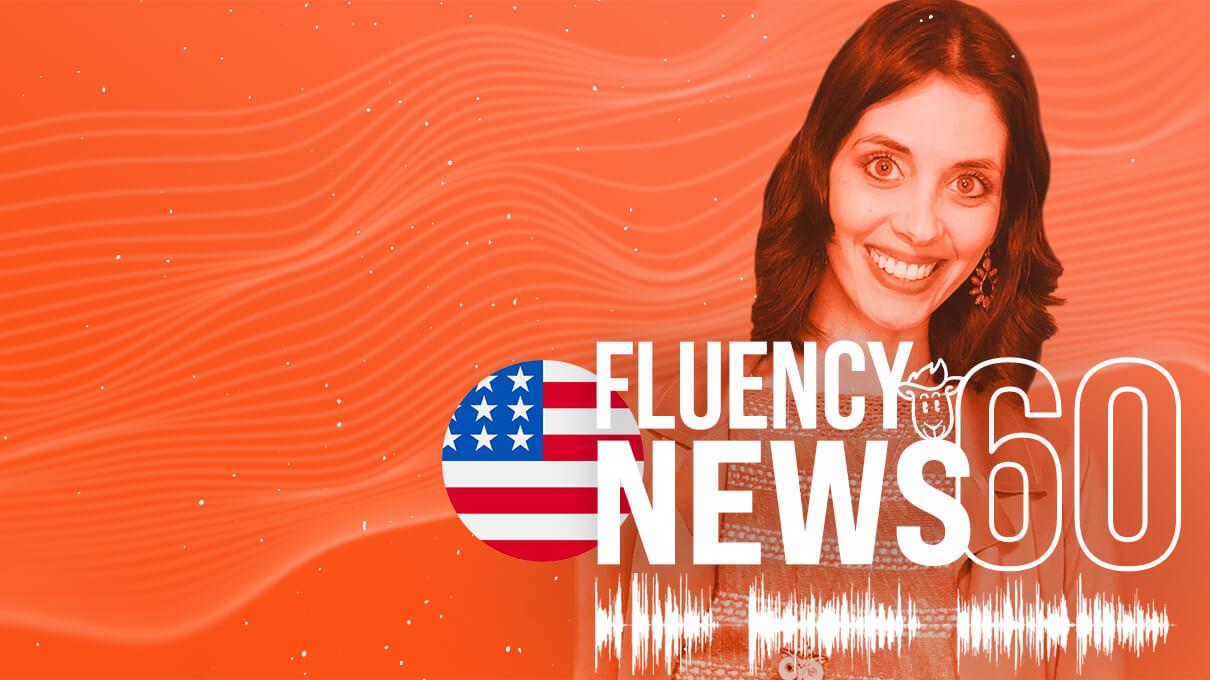
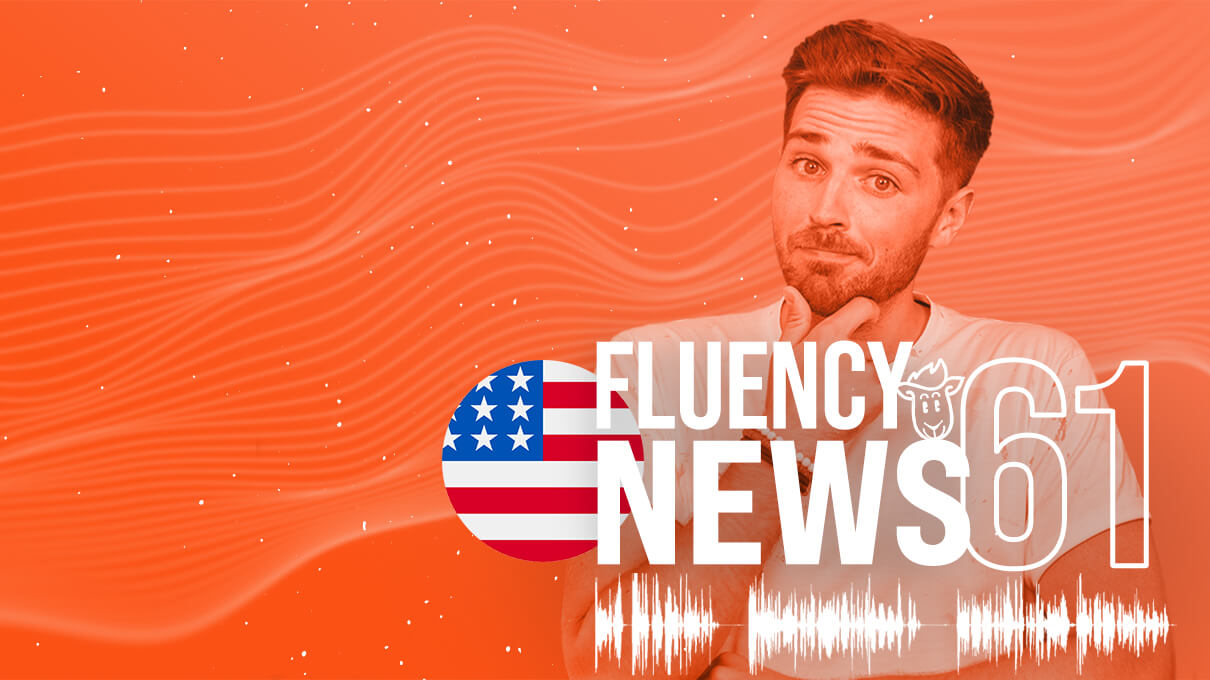
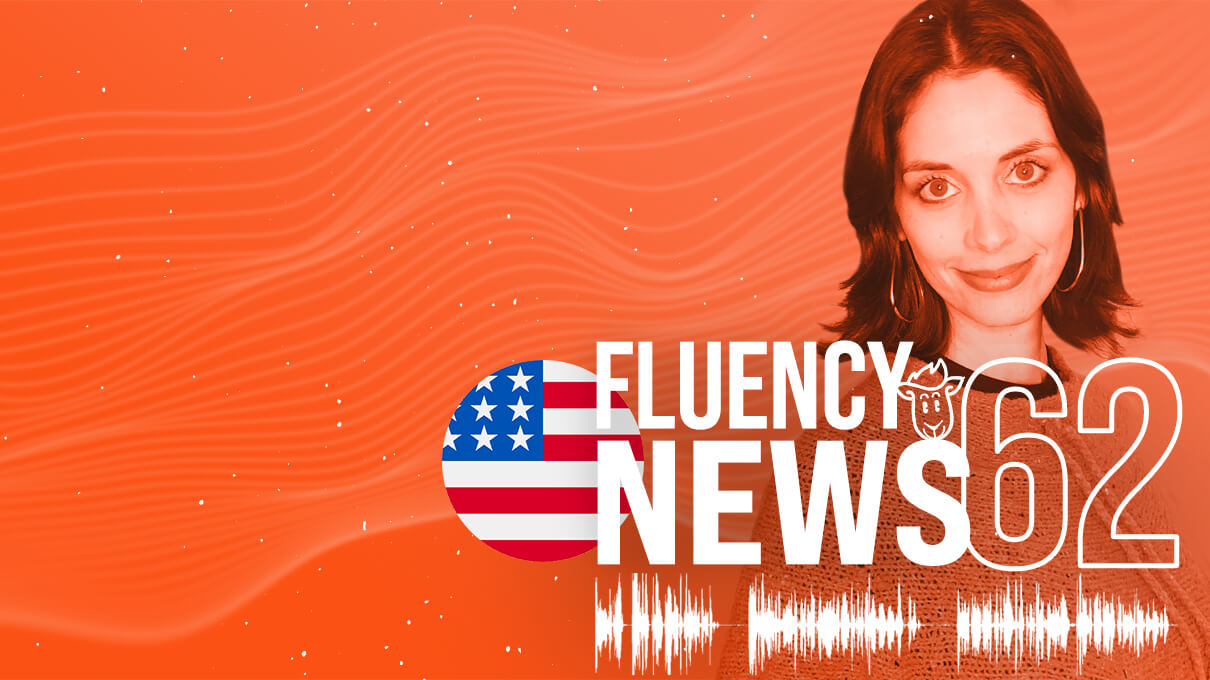
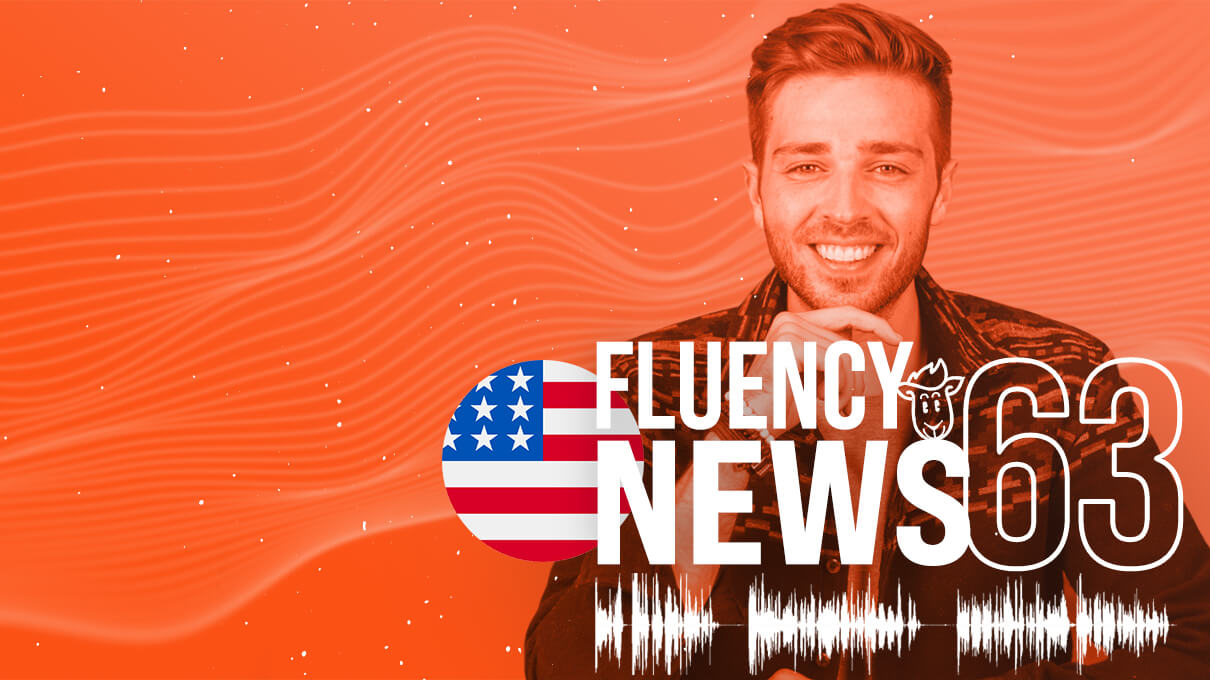



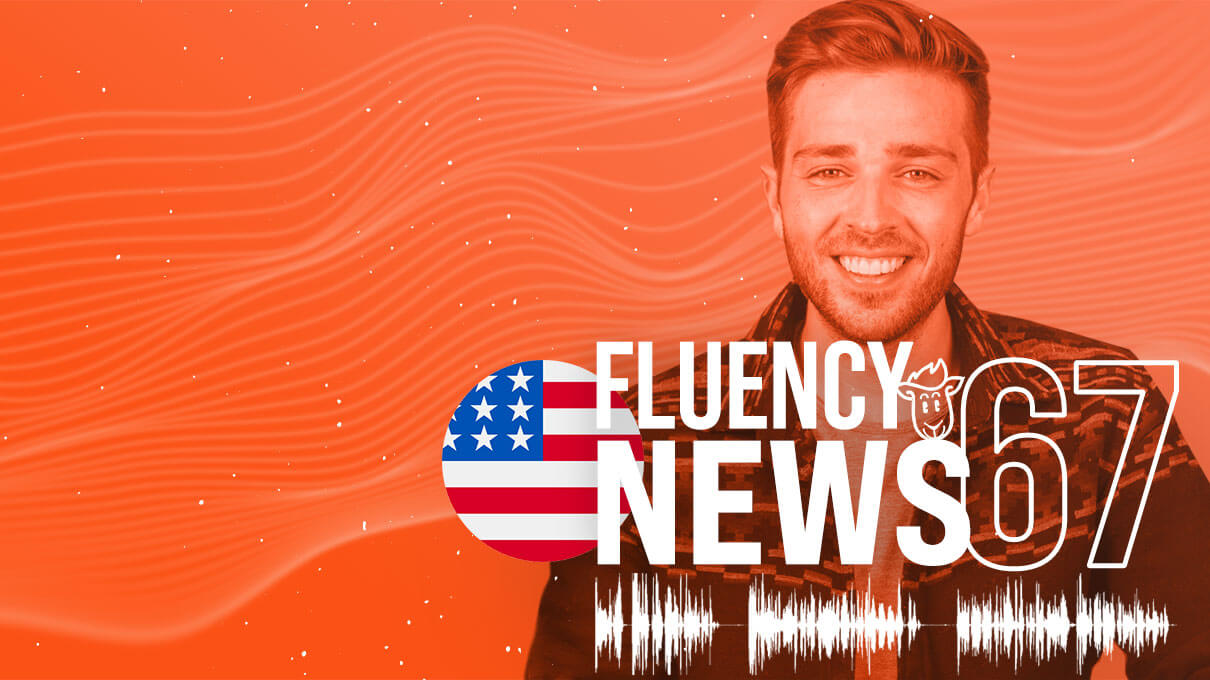
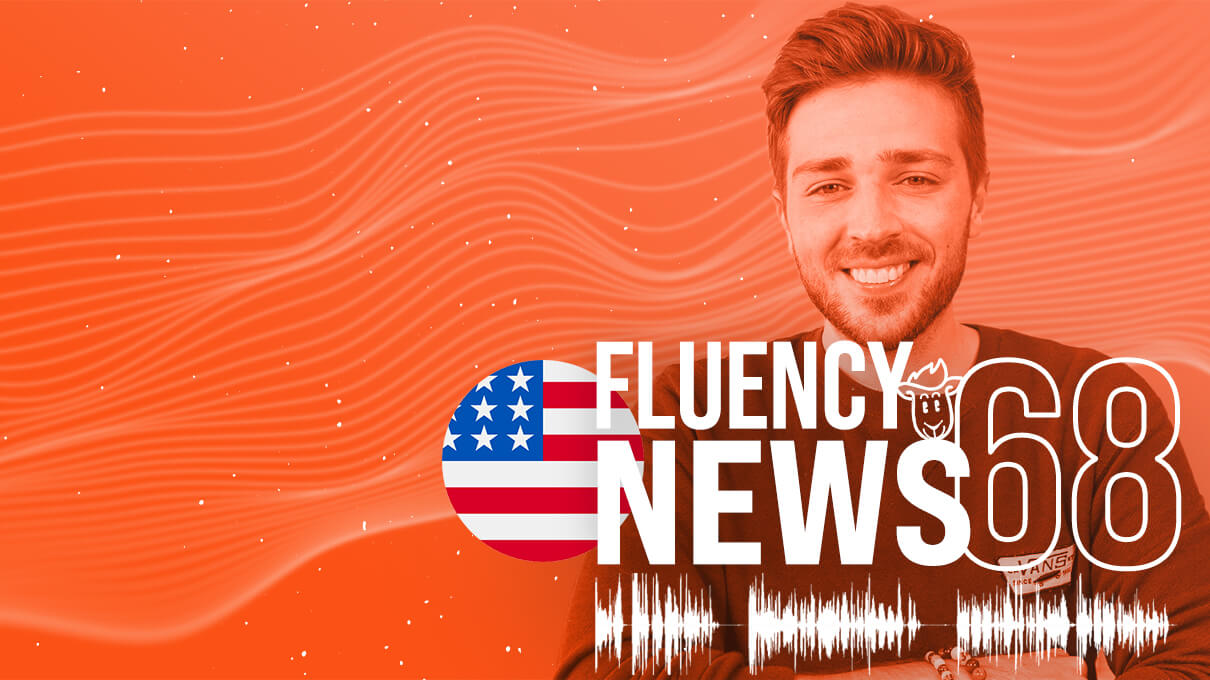
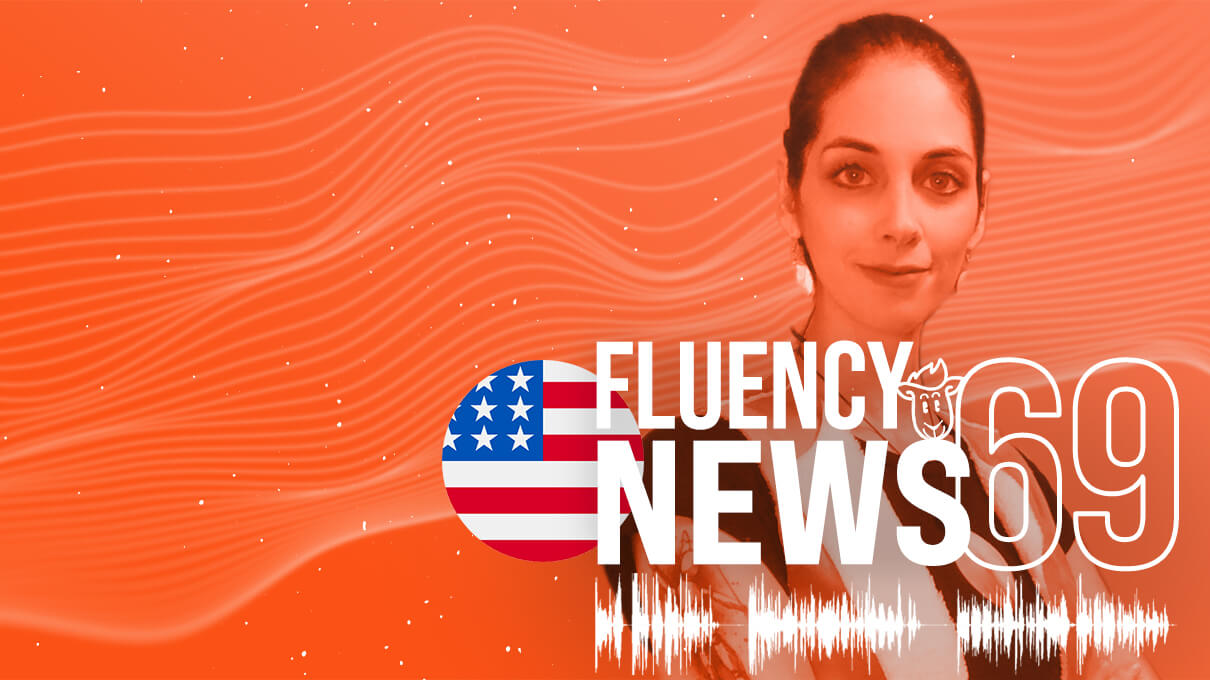
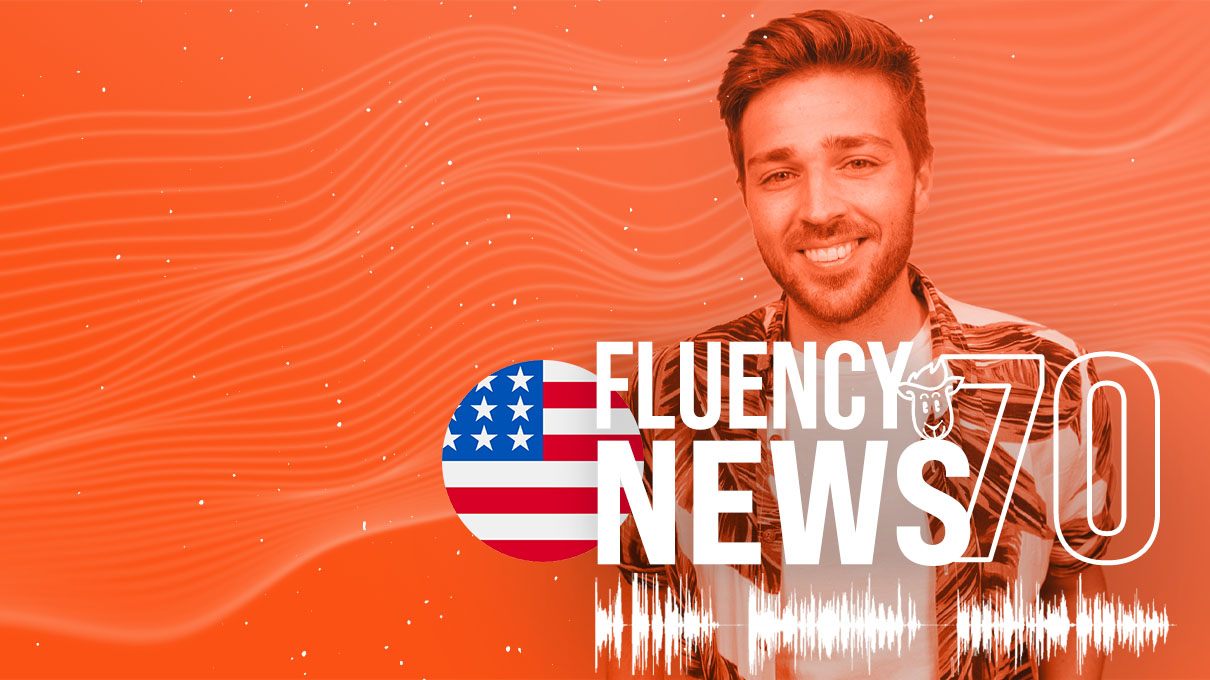
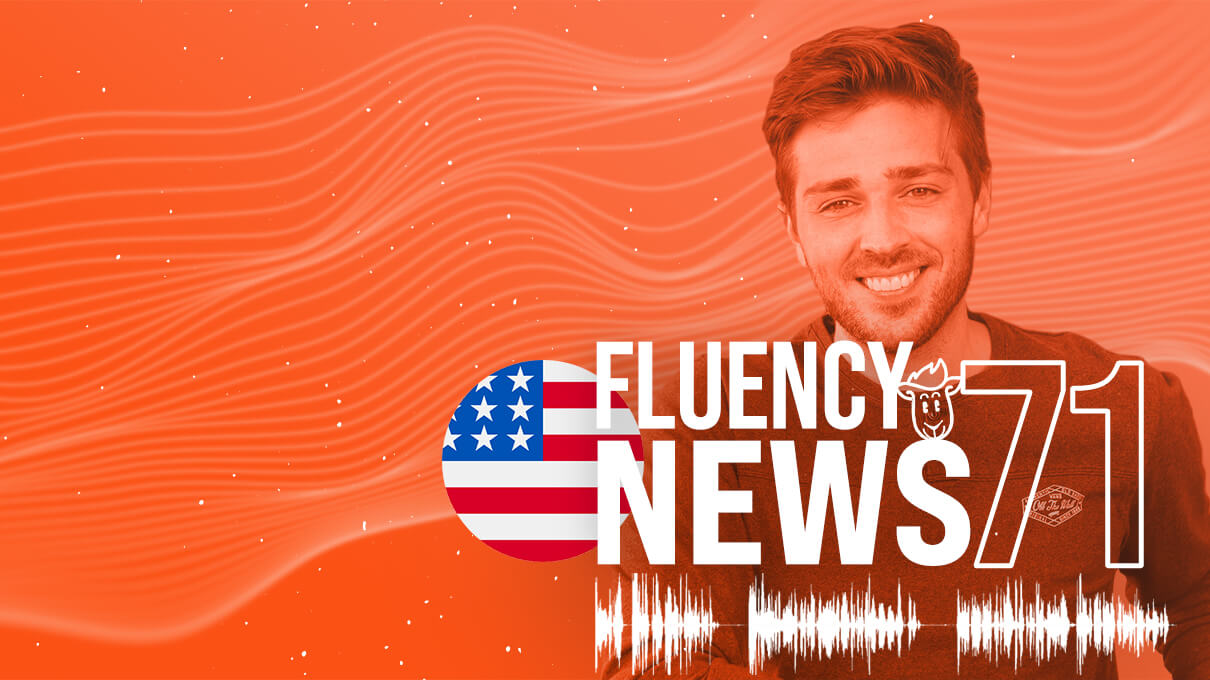
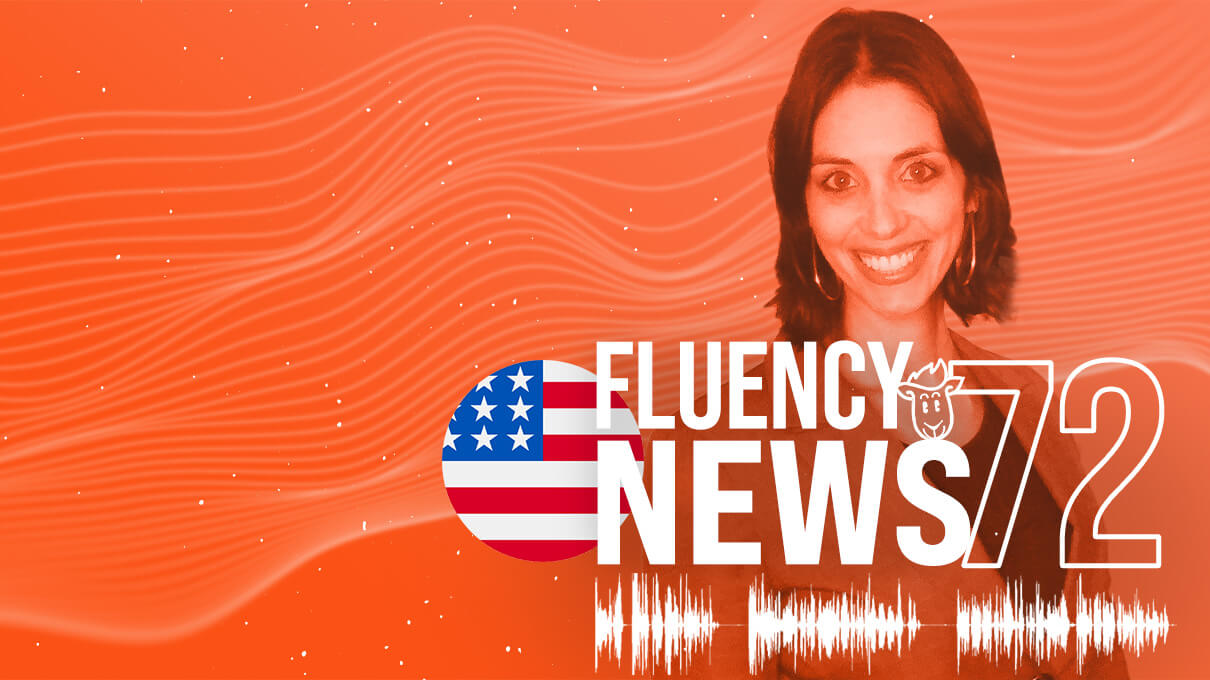
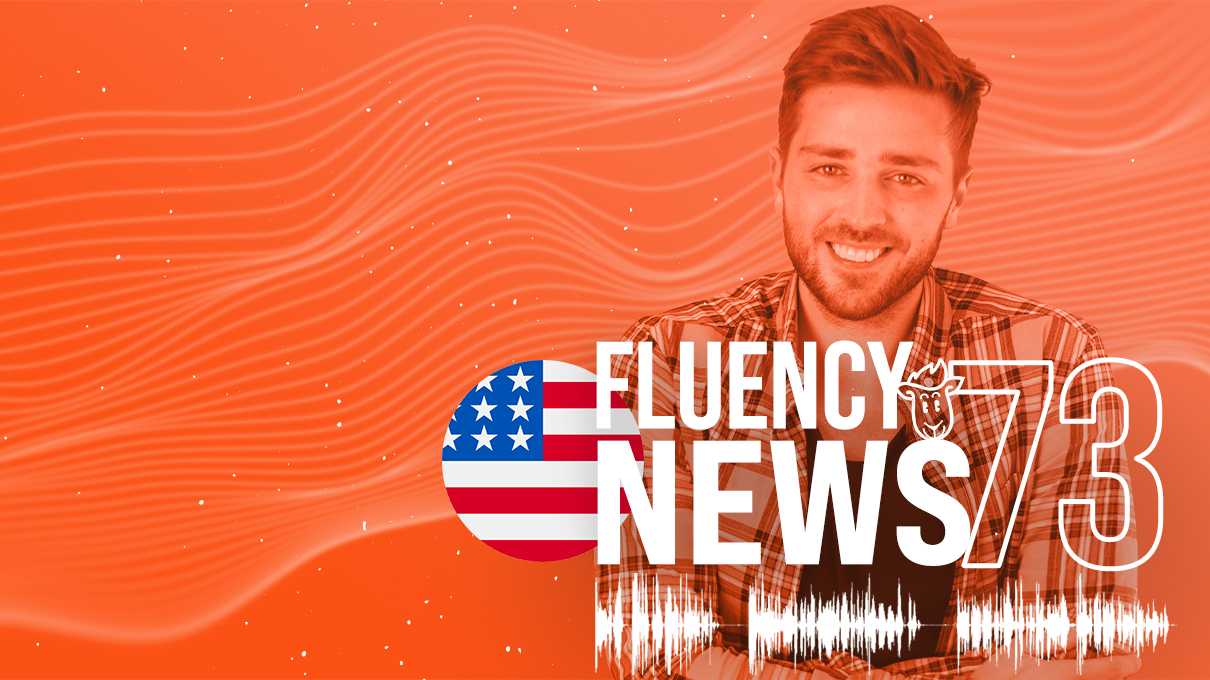
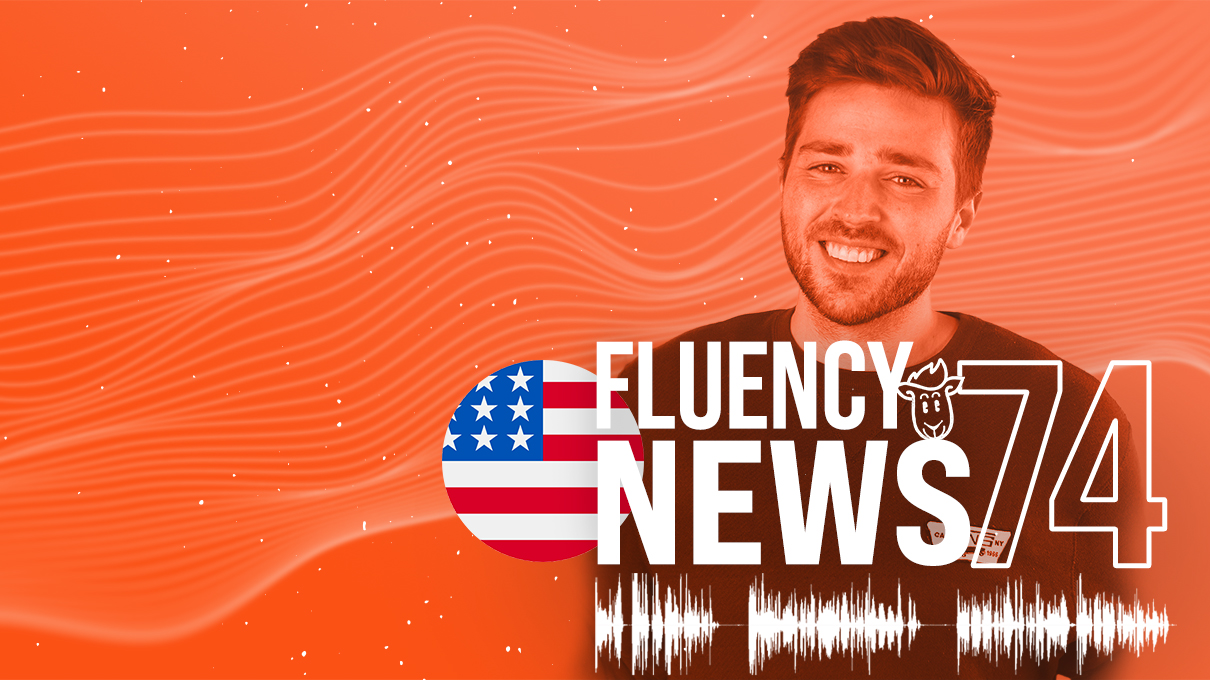
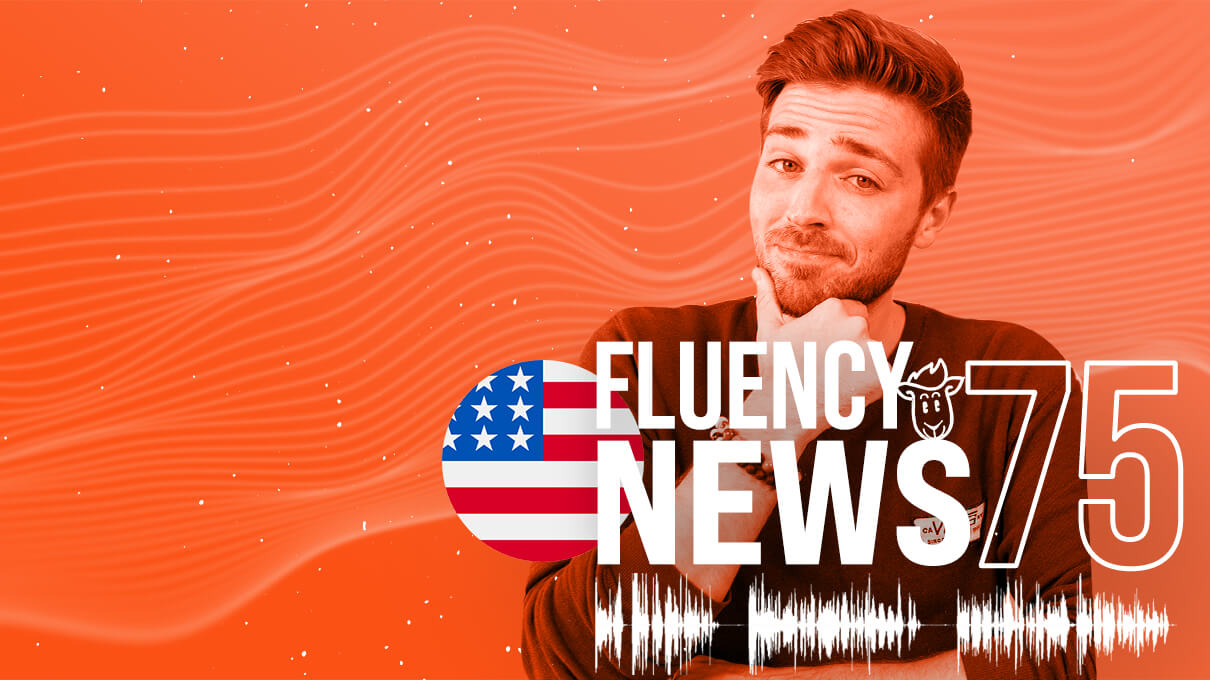
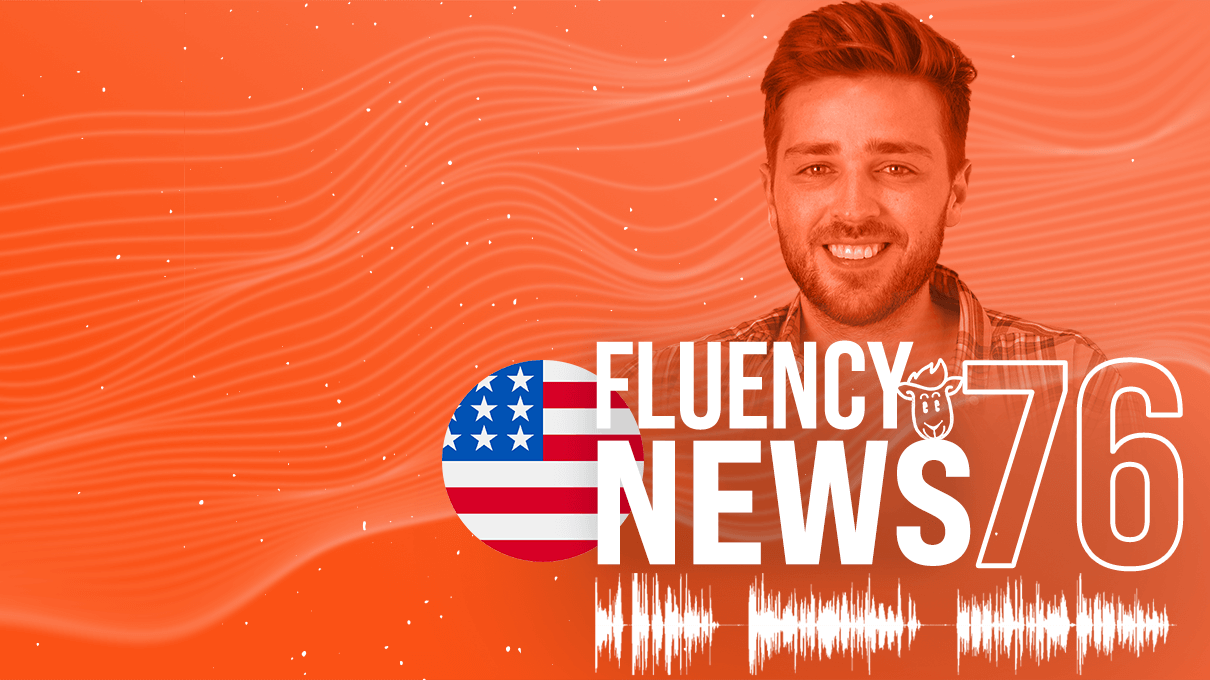
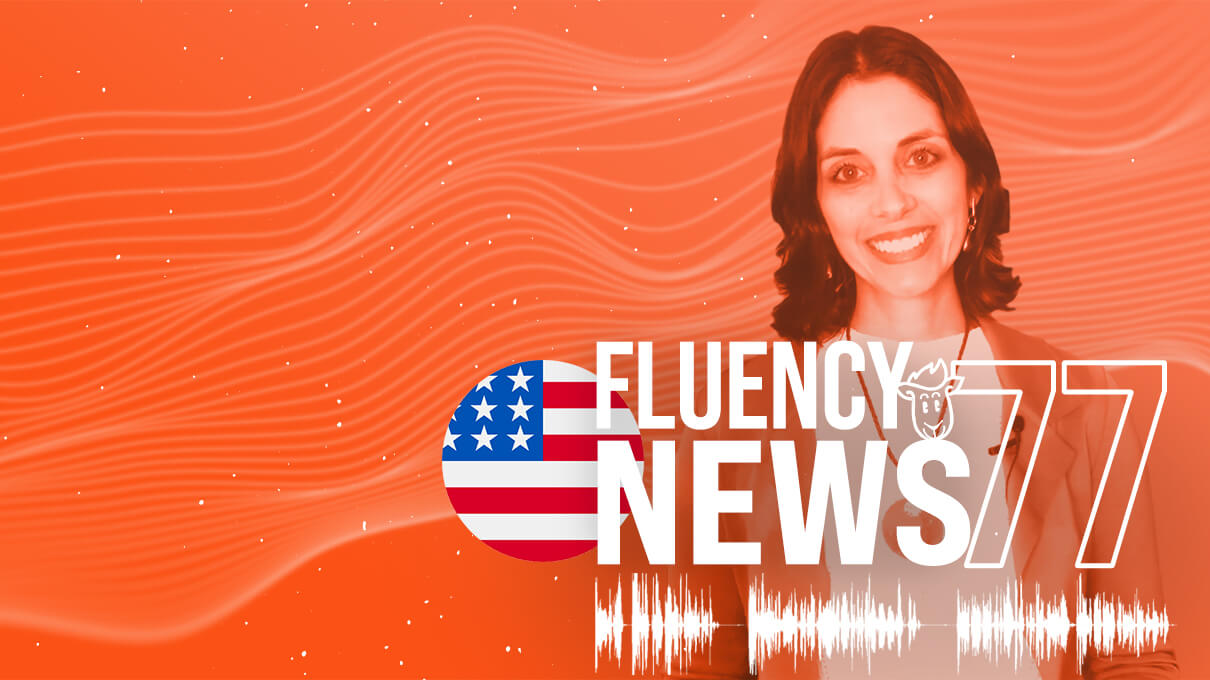


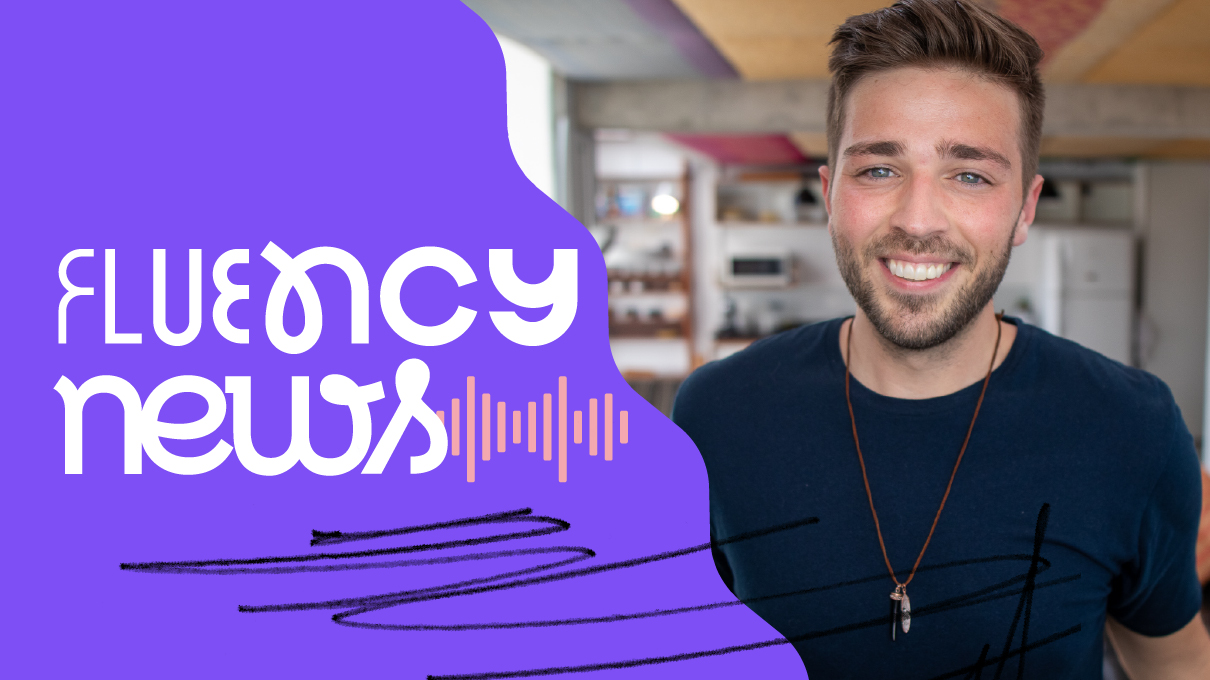

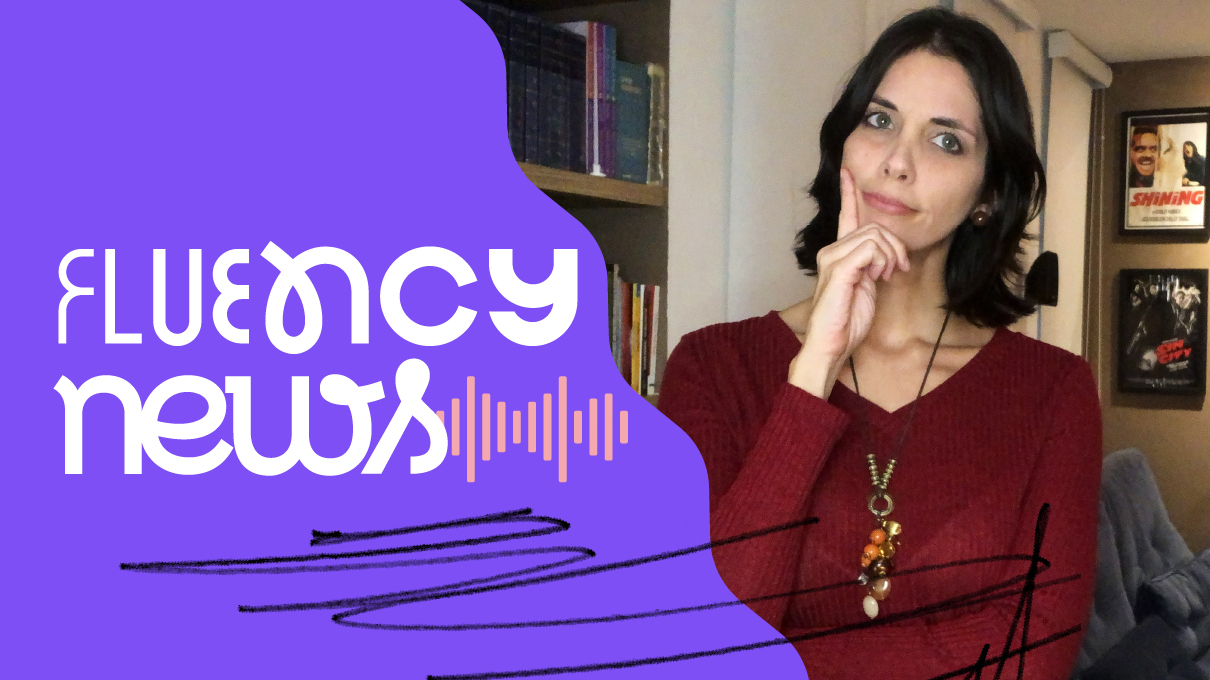



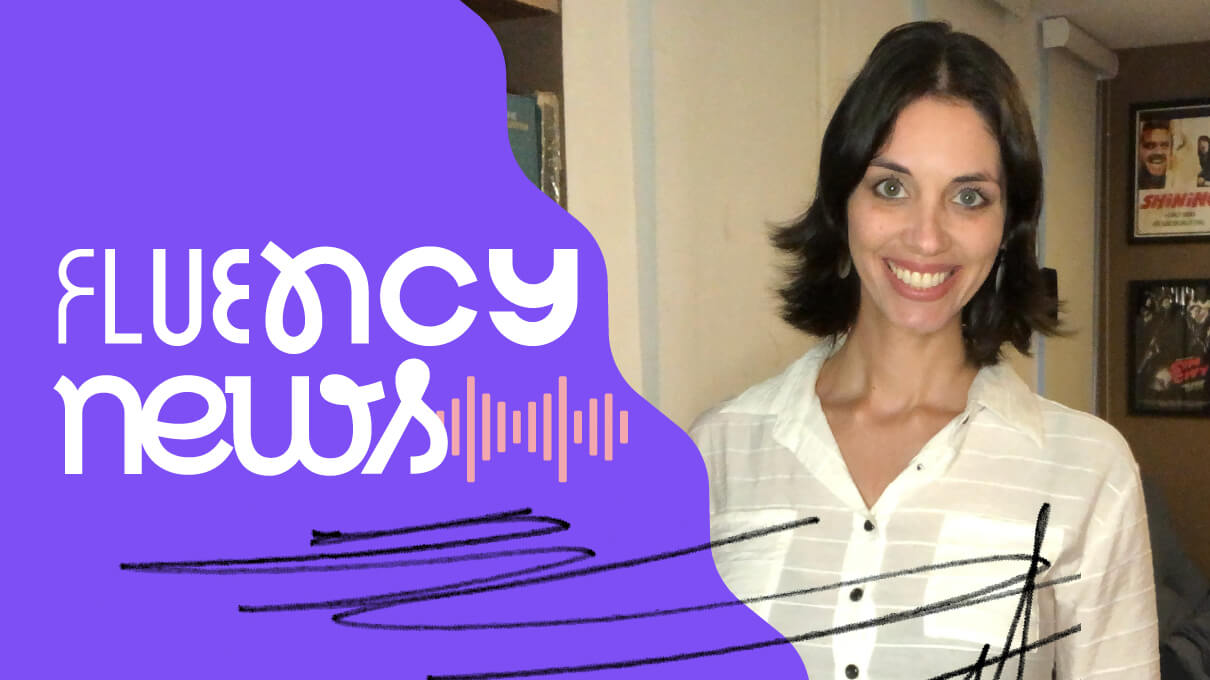

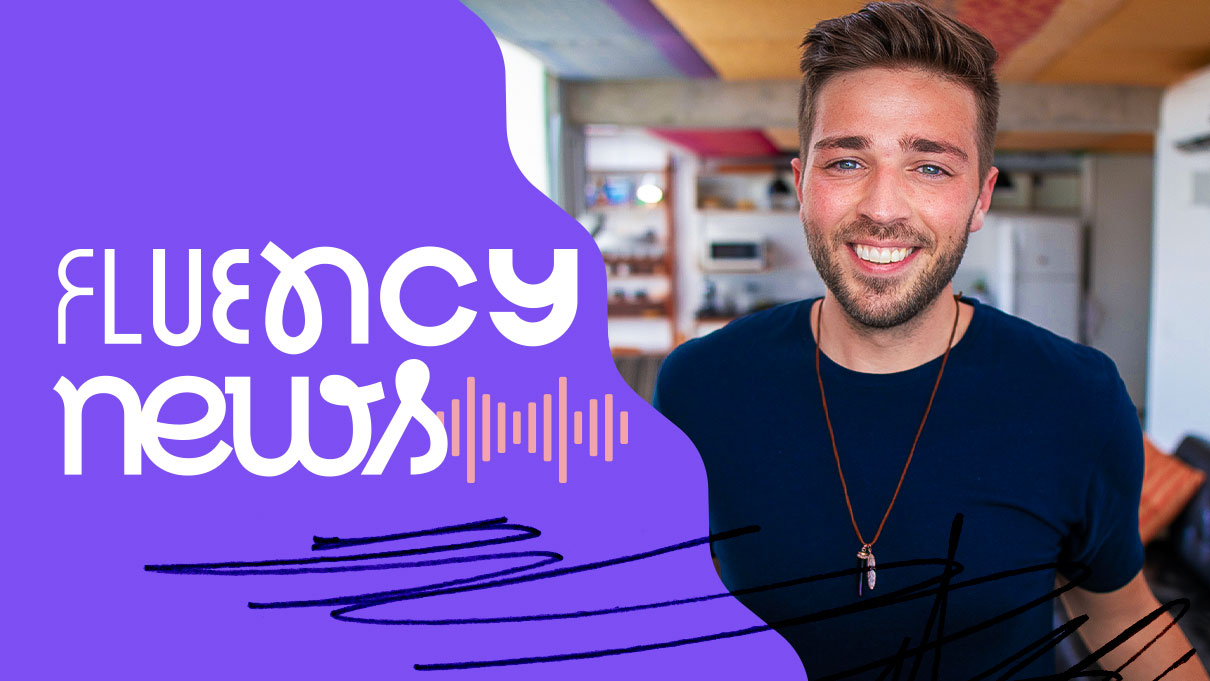








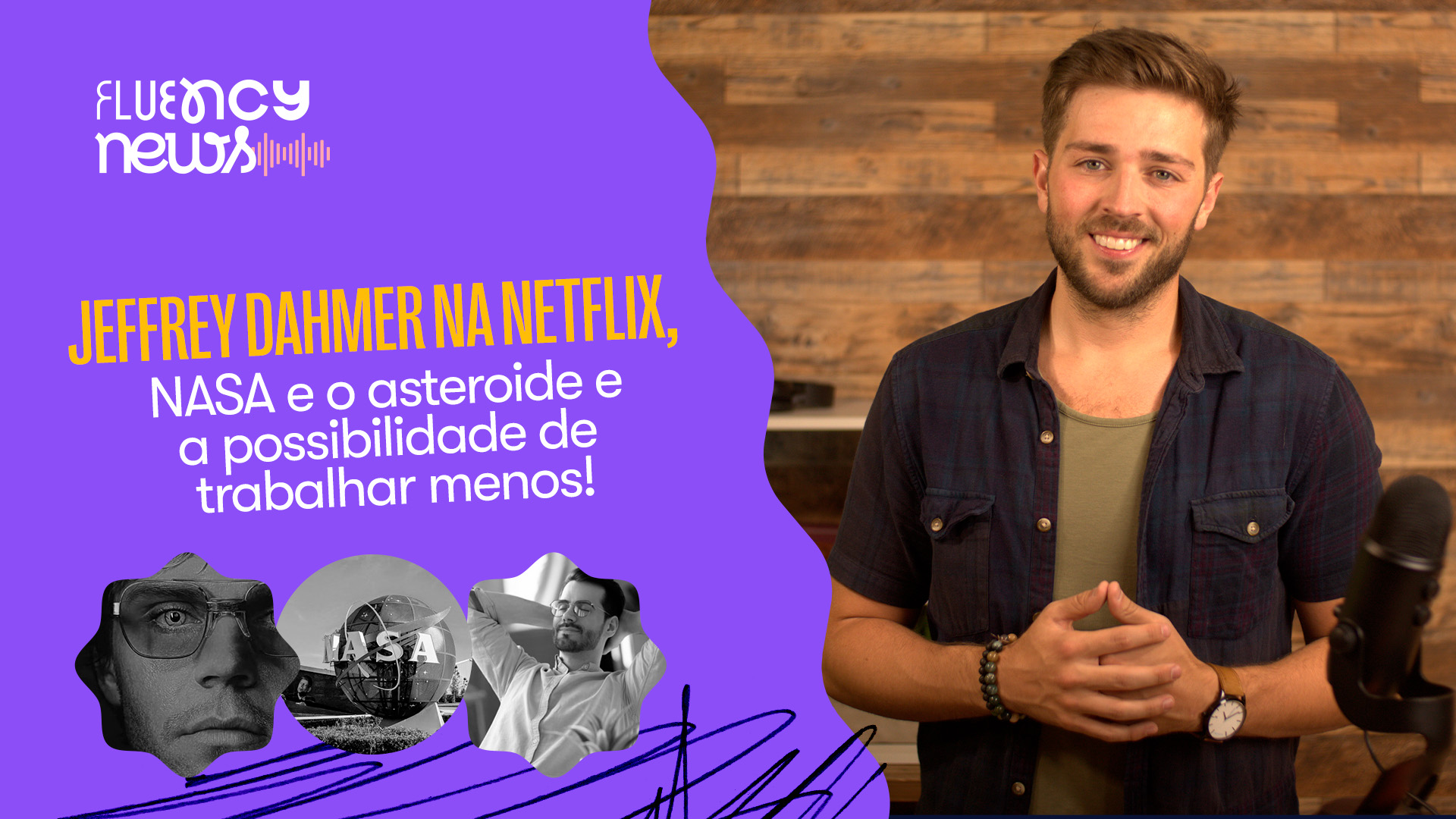

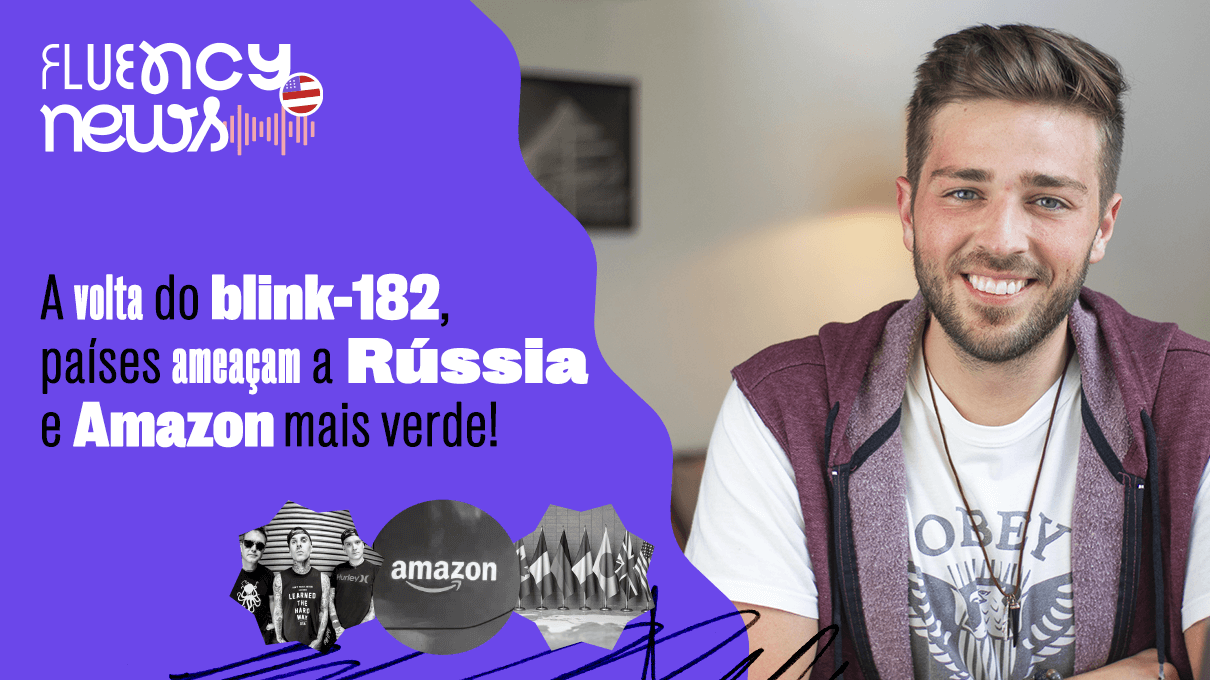
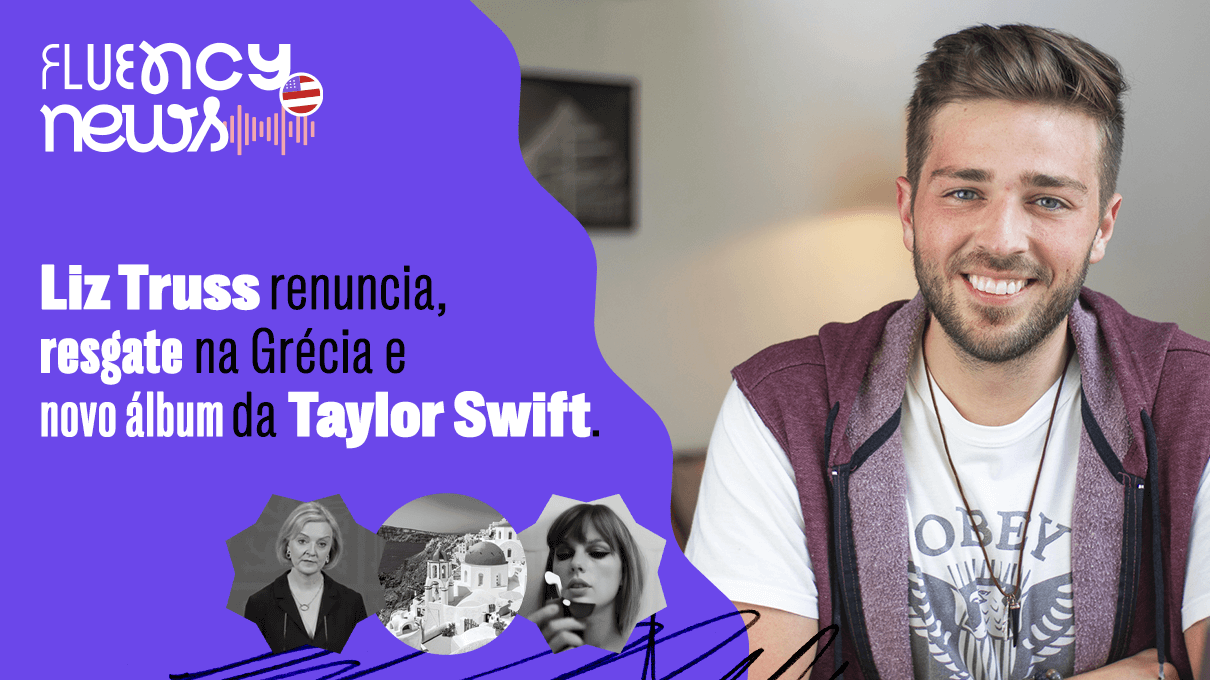
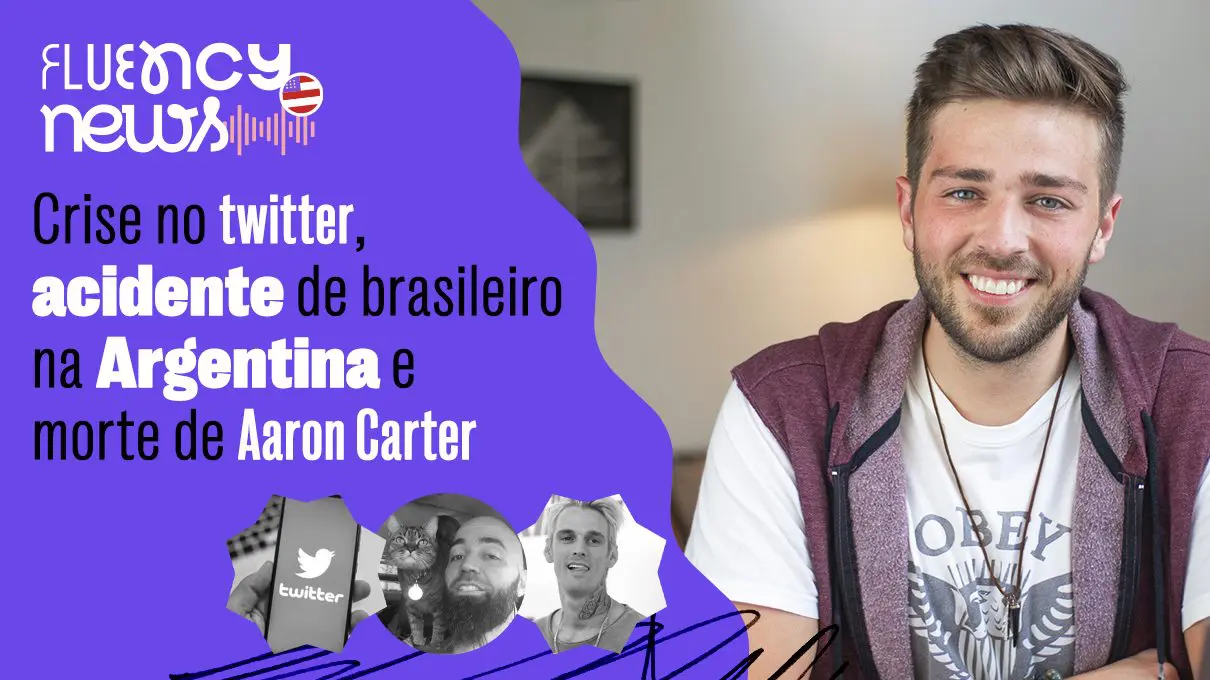
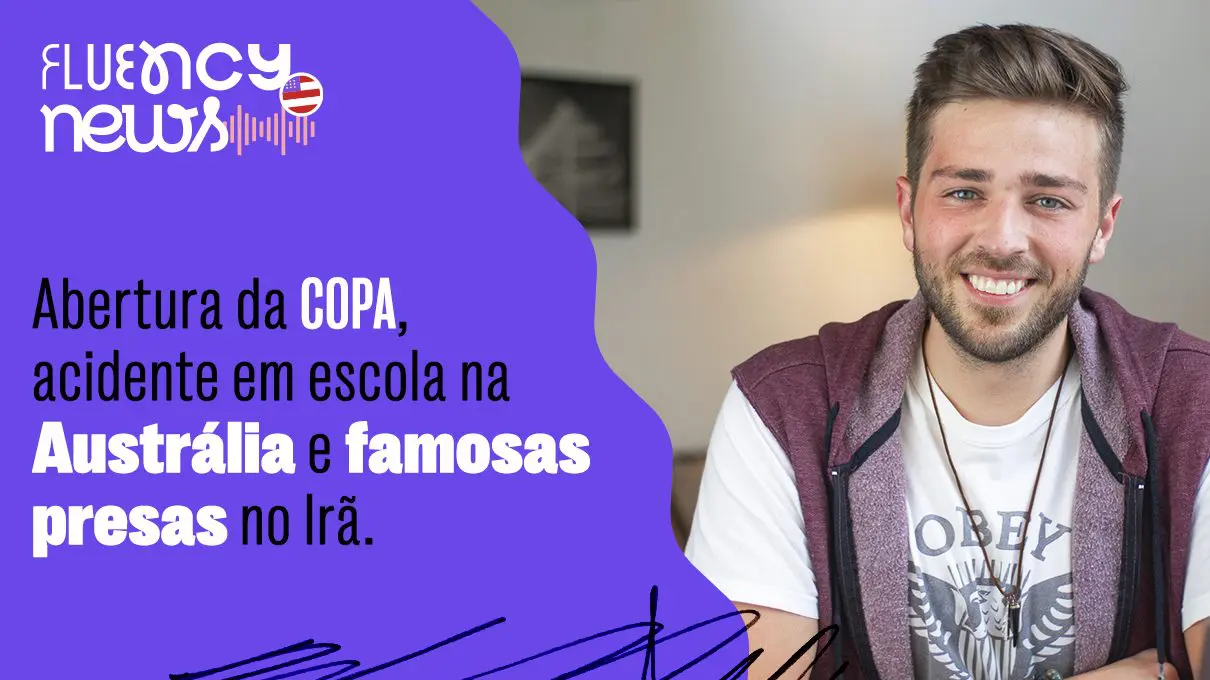
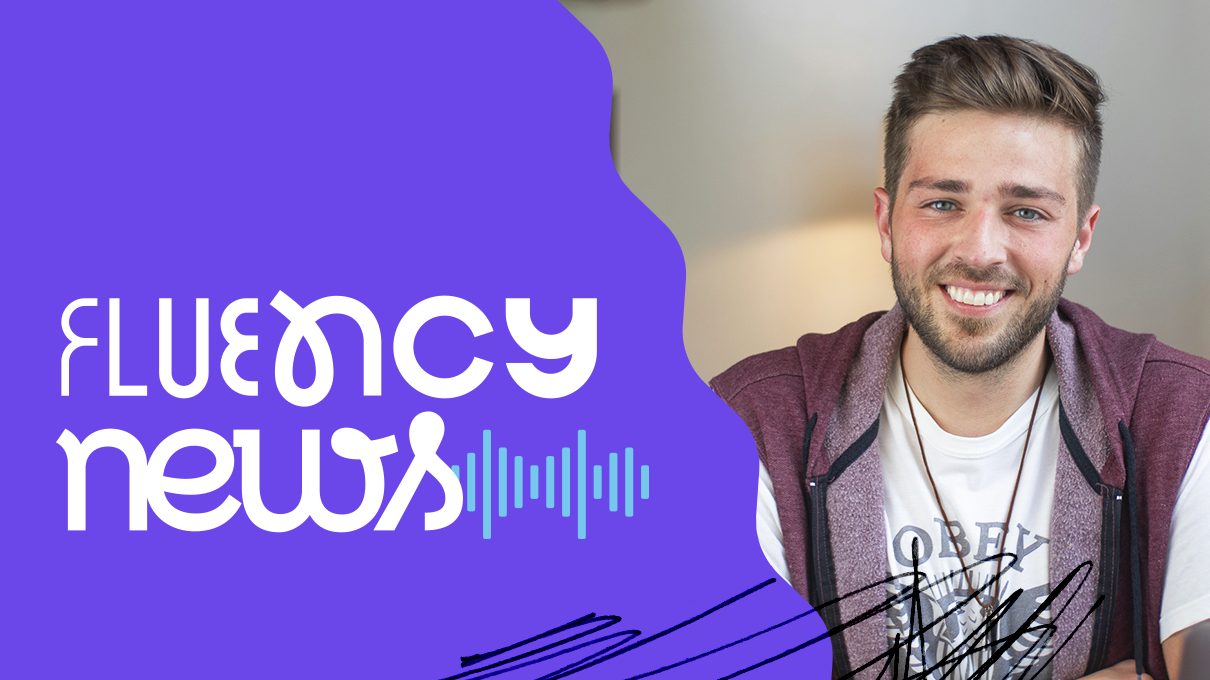

 Curso de Inglês
Curso de Inglês
 Curso de Espanhol
Curso de Espanhol
 Curso de Francês
Curso de Francês
 Curso de Mandarim
Curso de Mandarim
 Curso de Italiano
Curso de Italiano
 Curso de Japonês
Curso de Japonês
 Curso de Alemão
Curso de Alemão
 Curso de Coreano
Curso de Coreano
















 Blog
Blog  Podcast
Podcast  Lives
Lives  Aulas
Aulas  eBooks
eBooks  Minicursos
Minicursos








